Introduction
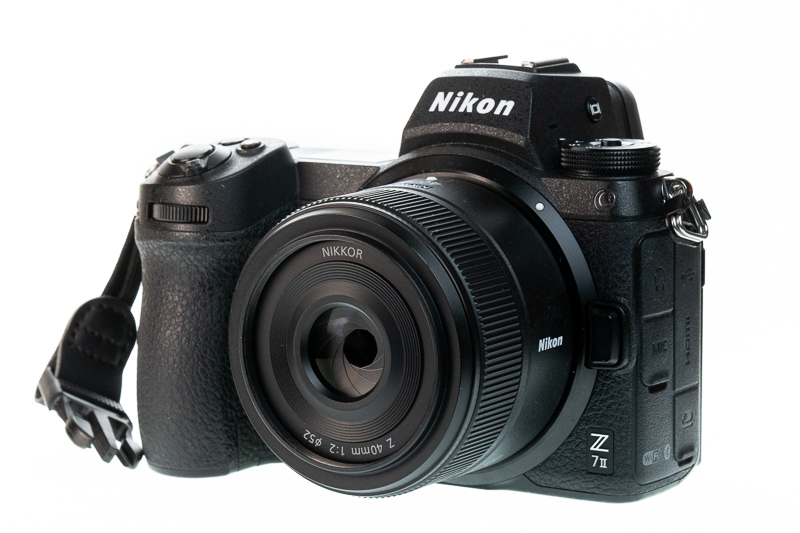
40mm is one of my favorite focal lengths. Closer to the human’s natural angle of view than a 50mm, and slightly wider than 50mm, it allows for more context to be included in the image. I prefer this focal length in front of a 50mm for street and everyday photography. The Nikon Nikkor Z 40/2 with its compact format is therefore an interesting lens. It is not an “S” line Nikkor Z lens, which is Nikon’s premium series but very compelling nonetheless. Let’s have a look at it!
![]() I tested this lens on a Nikon Z 7II with its 46 Mp sensor.
I tested this lens on a Nikon Z 7II with its 46 Mp sensor.
![]() You can see this review as a YouTube video here.
You can see this review as a YouTube video here.
Sample Images
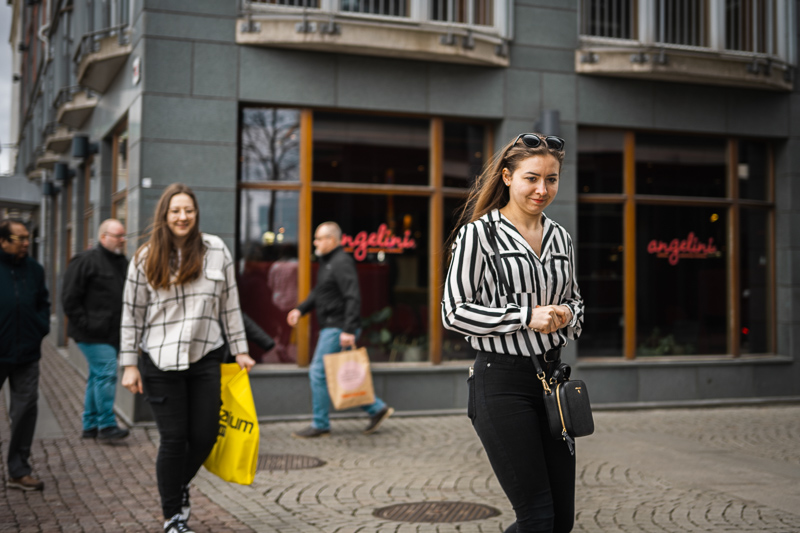
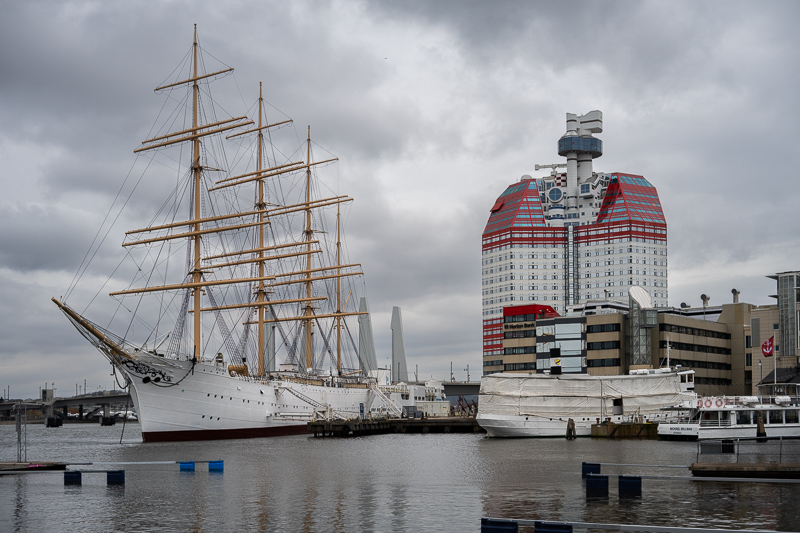
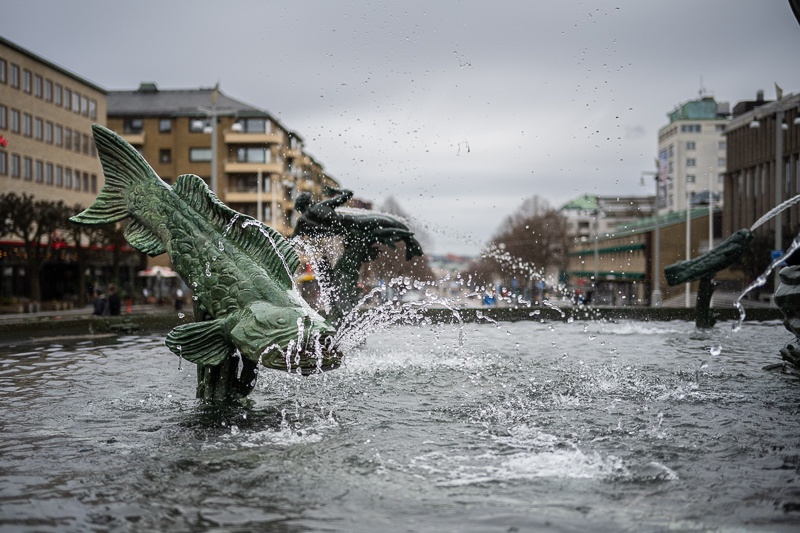
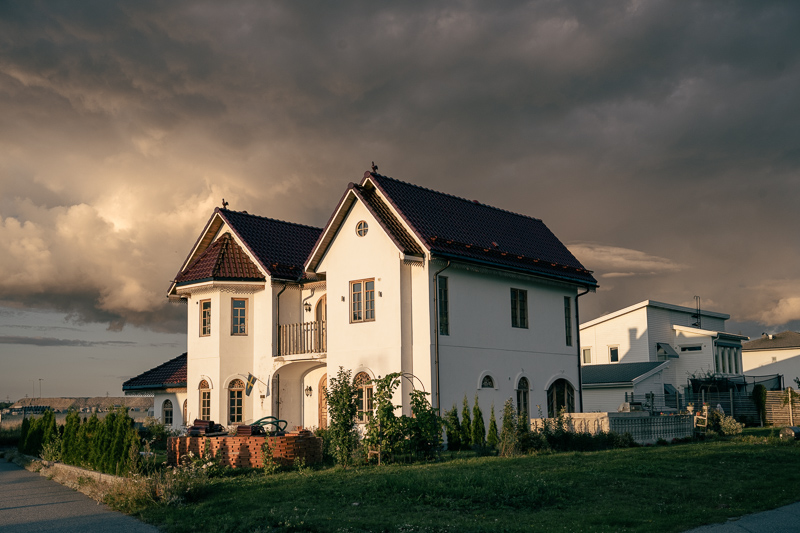
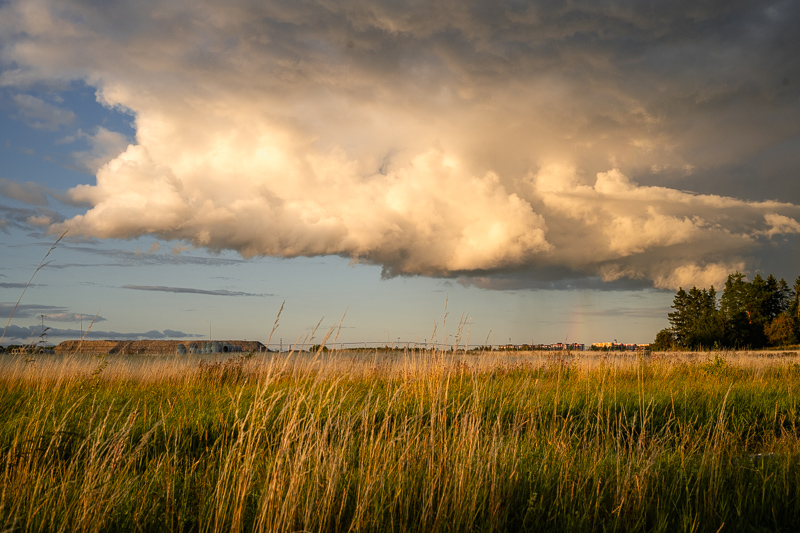


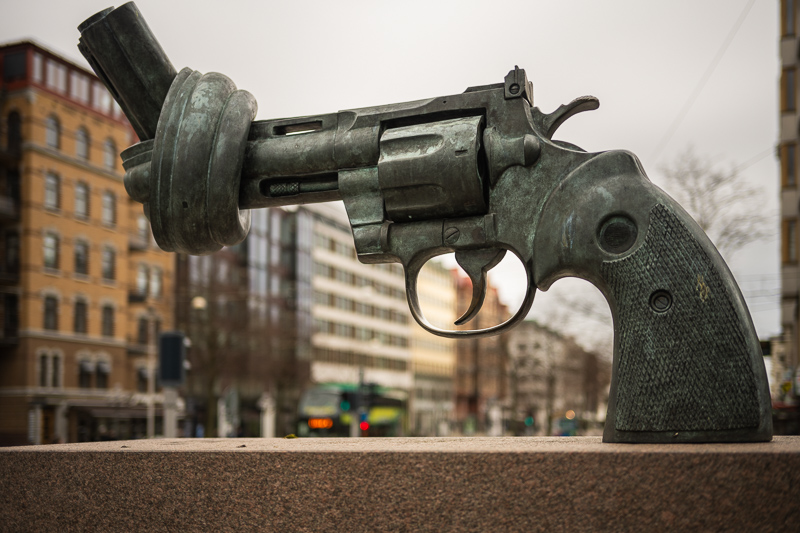
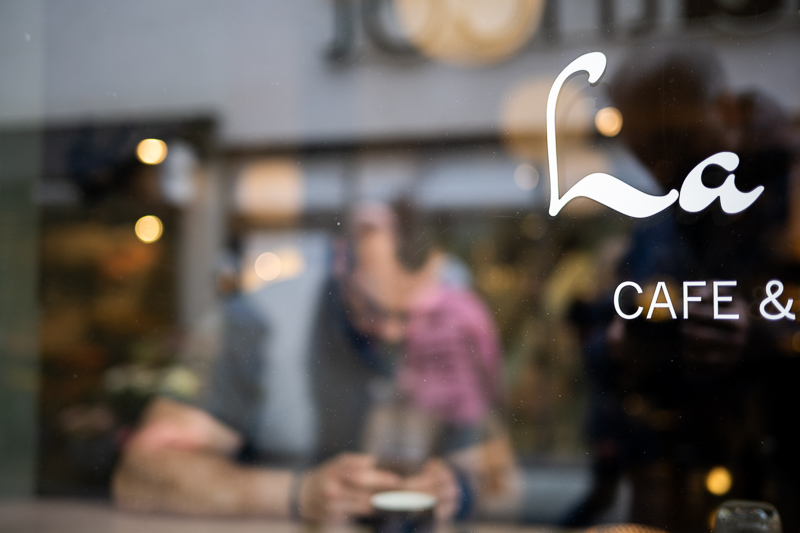
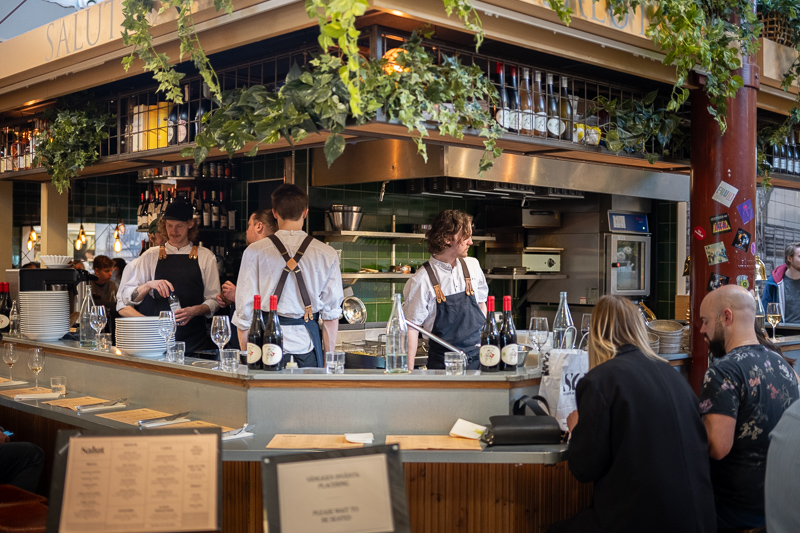
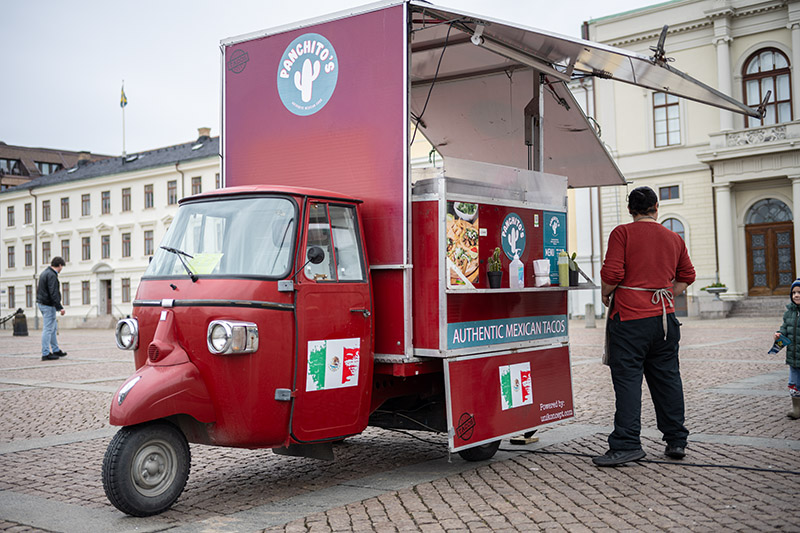
Most of the sample images in this review and many more can be found in higher resolution here.
Specifications
| Focal Length | 40mm |
| Angle of View | 57° |
| # of Aperture Blades | 9 |
| Max Aperture | F/2 |
| Min Aperture | F/16 |
| Min Focus Distance | 0.29 m |
| Filter Size | 52 mm |
| Lens Mount | Nikon Z |
| Weight | 170 g |
| Size (D x L) | ≈ 70 x 45.5 mm |
| Elements/Group | 6/4 |
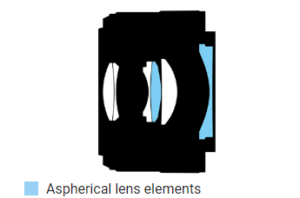
| Buy new: Amazon.com, B&H for $240, $295 for SE (Affiliate links) Buy used: eBay from $230 (Affiliate links) |
Note: the $240 price is a Nikon saving offer during May 2024, the normal list price is about $295.
Disclosure
I bought this lens with my own earned money.
Variations
There is a Special Edition (SE) variant of this lens, which is identical with the reviewed lens (same size, weight and optical construction) with the exception of its exterior design, which has a retro look.
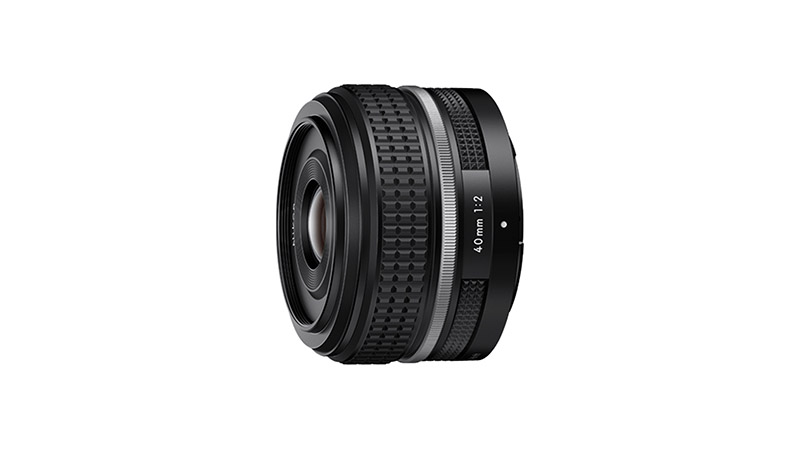
Handling
This Nikon Z 40mm is one of the most basic lenses among Nikon Z lenses. Let’s start with the good things. It is very compact for a fullframe lens, not a pancake lens but maybe a “cupcake” lens. The lens is very light at only 170 g due to the material used. Its closest lens in focal length is Nikon Z 35mm f/1.8 S, which is about double the size and weight.
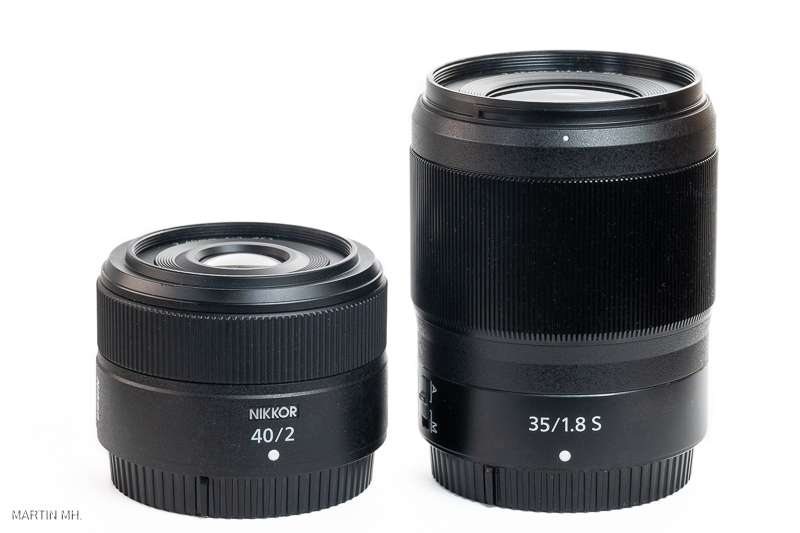
It seems to be fully built of high quality plastic. It has internal focusing and the AF is powered by a stepping motor, which is acceptably fast. The autofocus is very accurate and relatively quiet. There is a manual focus ring in front that you can use to override the AF at any time. It has weather/dust sealing.
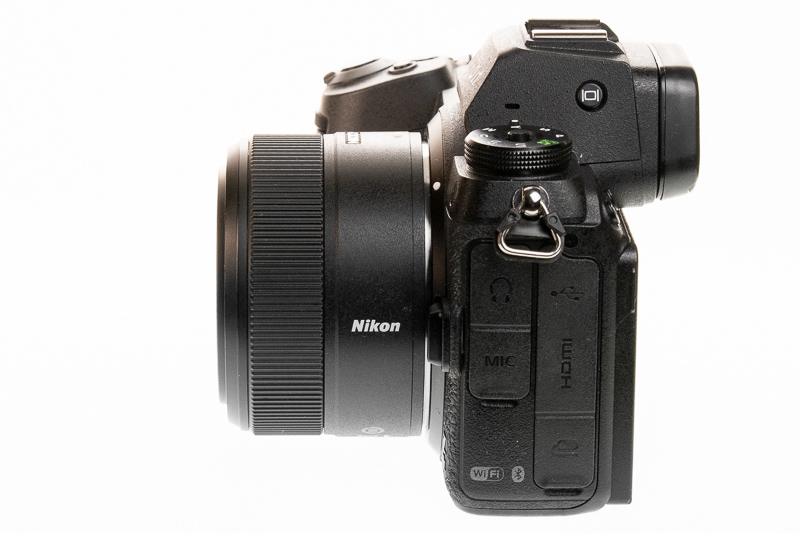
However, some corners are cut to achieve this lens’ affordability. Using high quality plastic to keep the lens light and affordable is one thing, using plastic for the mount is something else. The lens is not that old but I fear that the mount may not endure as long as a metal plate.
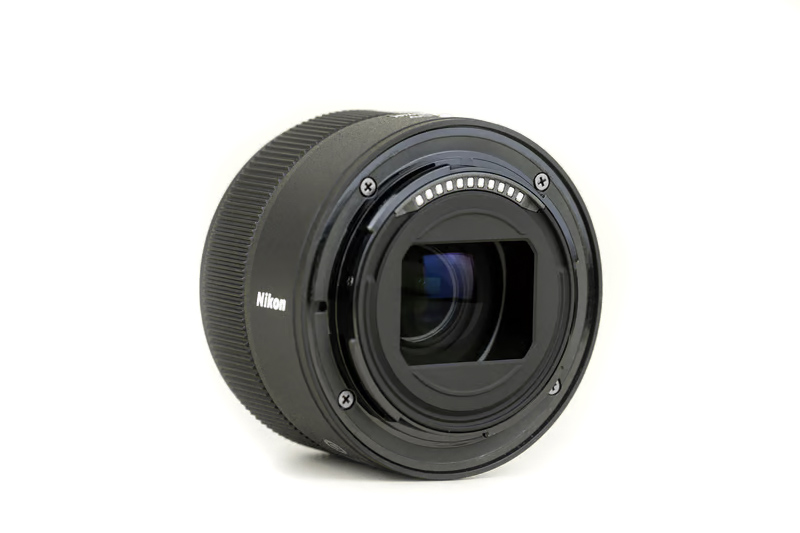
There are also no controls on the lens besides the manual focusing ring, not a single button, requiring you to navigate the camera’s menu for full manual focus. A lens hood is not included, and the lens lacks Nikon’s advanced ARNEO and Nano Crystal coatings, which may affect flare and ghosting performance. The front element lacks the dust/water repelling Fluorine coating that the S lenses have.
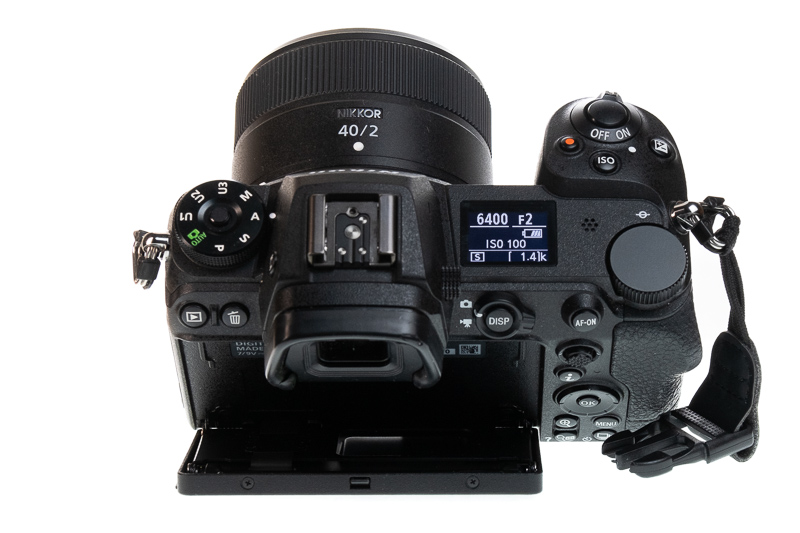
Overall, the lens is tightly assembled, and the build quality appears to be very good. The absence of external moving parts could potentially minimize future issues. If Nikon had included a Fluorine coating and a metal mount, it would have been top-notch.
Optical Features
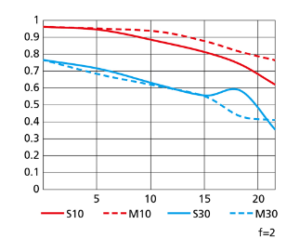
Sharpness (Infinity)
For the infinity sharpness test, we look at three areas of the image, center, mid-frame, and corner, see highlighted areas in the image below!
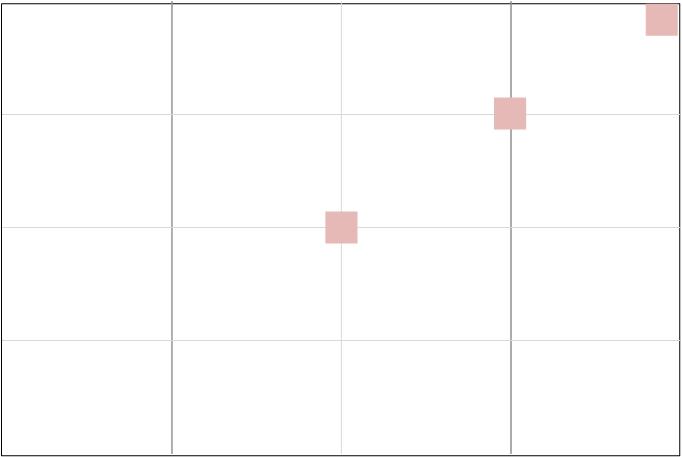
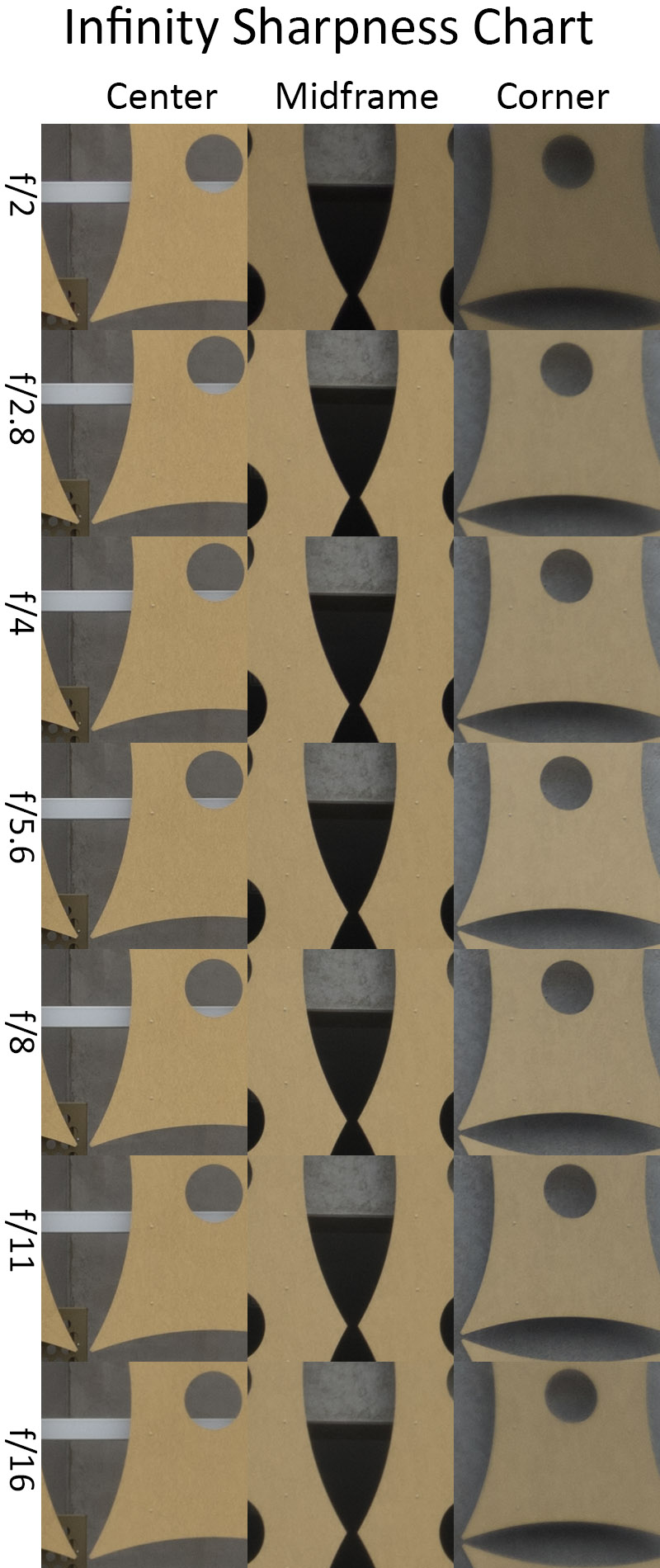
The Nikkor 40/2 starts very good wide open in the center, the midframe is good, but the corner is just OK. At f/2.8 the center is excellent, midframe very good and the corner has improved a lot to a good level. At f4 both the center and the midframe have excellent sharpness, the corner is convincing good now. At f/5.6 we have the peak performance, and it does not change much at f/8. Corners come at best to a very good level in sharpness at f/5.6-f/8, but the sharpness there never becomes excellent. At f/11 we see a small negligible hit of the diffraction, which is more obvious at f/16, especially in the corner. This is somewhat weaker than the Nikkor Z 35mm we tested here but is good on its own.
Sharpness (Portrait)
Let’s look at the points of interest for portraits at the portrait distance: the very center, the center’s inner periphery (1/3 rule intersection), and the center’s outer periphery (1/4th intersection).
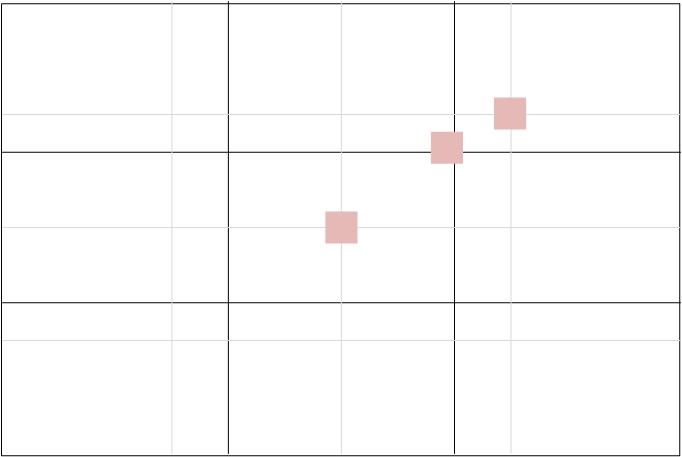
At f/2 Center sharpnes is quite good, while inner and outer circles are just OK. Stopping down to f/2.8 makes center sharpness very good to excellent, inner and outer circles are better at a good level. Another stop to f/4 and center sharpness is excellent now, inner/outer circles are very good. At f5.6 the Center sharpness remains excellent, inner circle becomes also excellent, outer circle is very good.
Sharpness (Close-up)
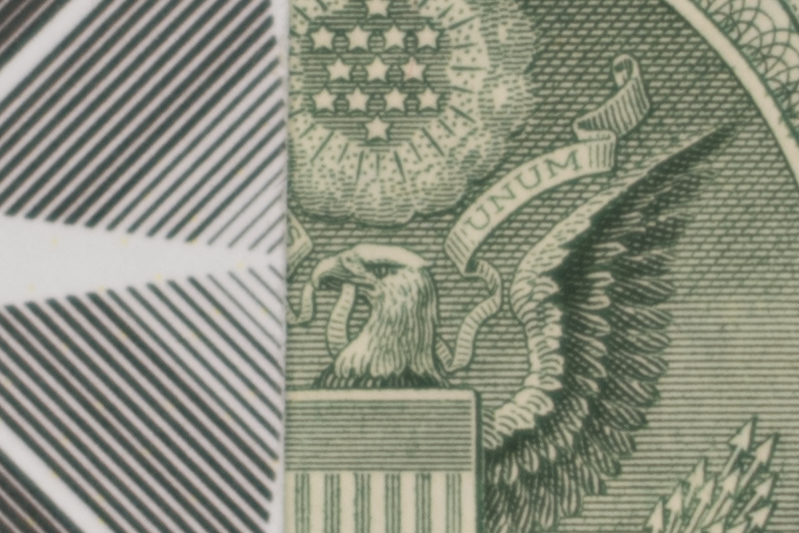
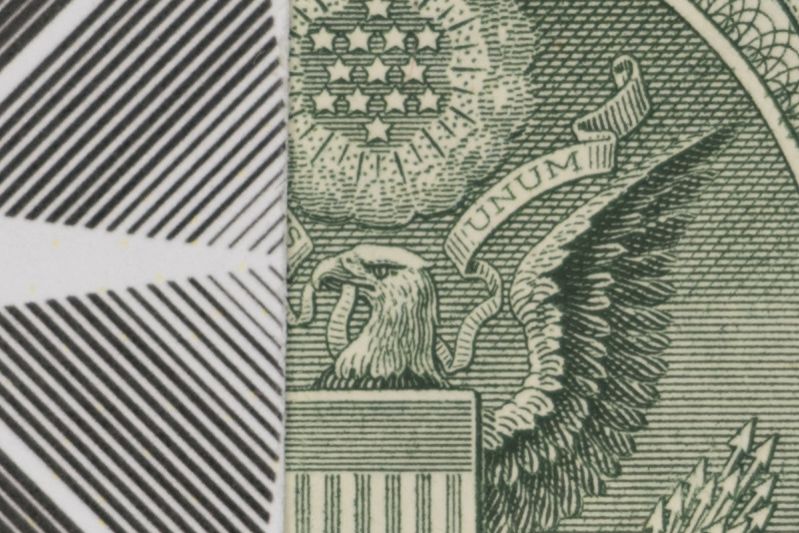

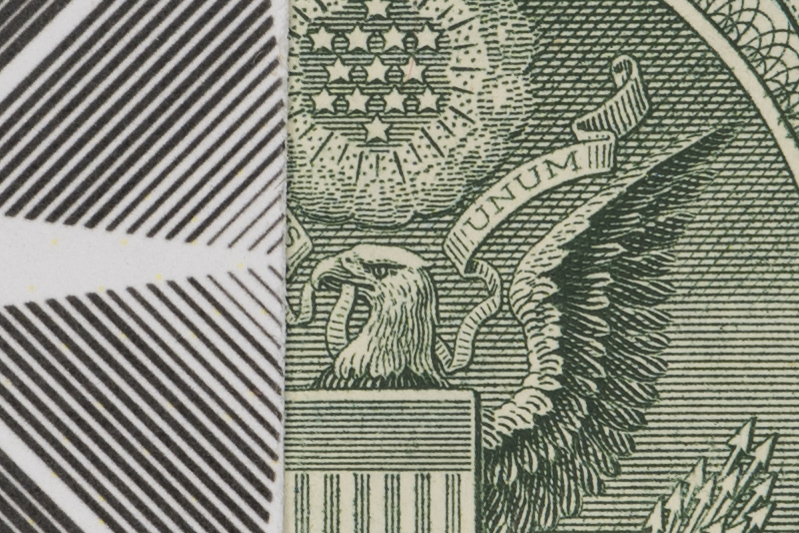

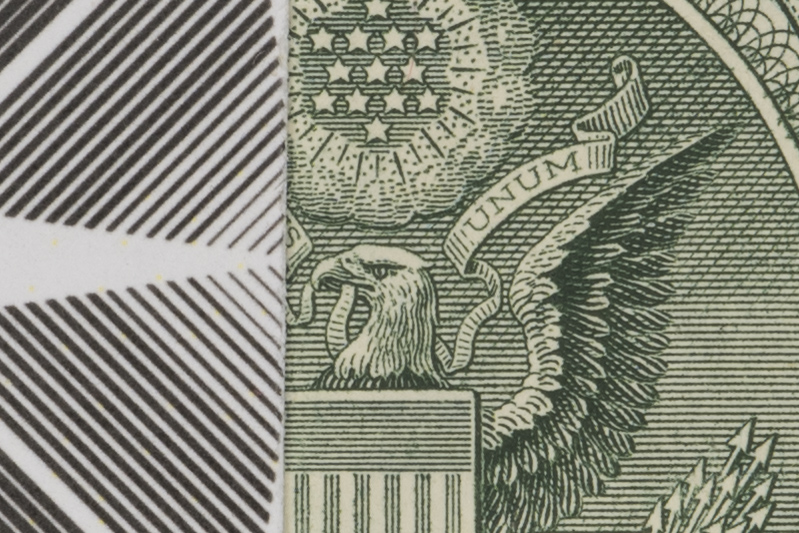
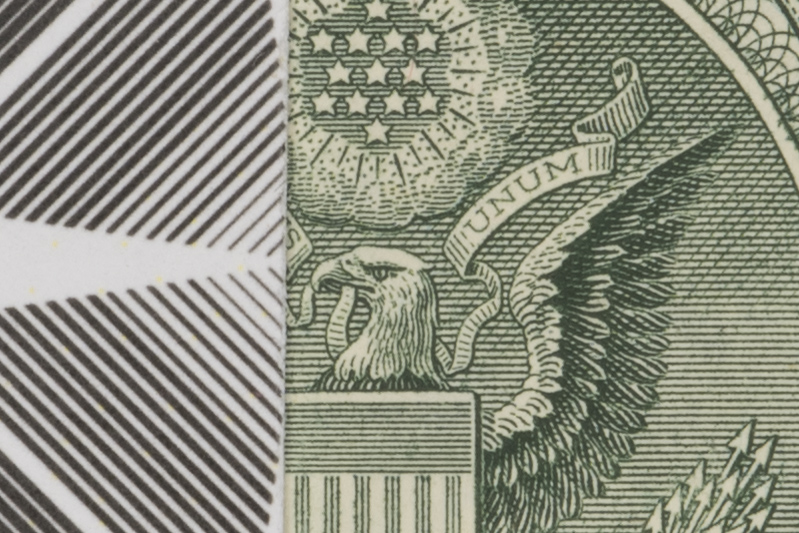
Wide open the sharpness is good but the contrast is low. Stopping down to f2.8 makes the image very sharp with much better contrast. At f4 we get excellent sharpness and contrast, F5.6 is even better and seems to give the peak performance as nothing seems to change at f8. F11 sees a small hit of the diffraction effect, which becomes more obvious at f16 but still at a very good level.
Lens Distortion
Mild barrel distortion, +2 in LR fixes the distortion but I would not bother.
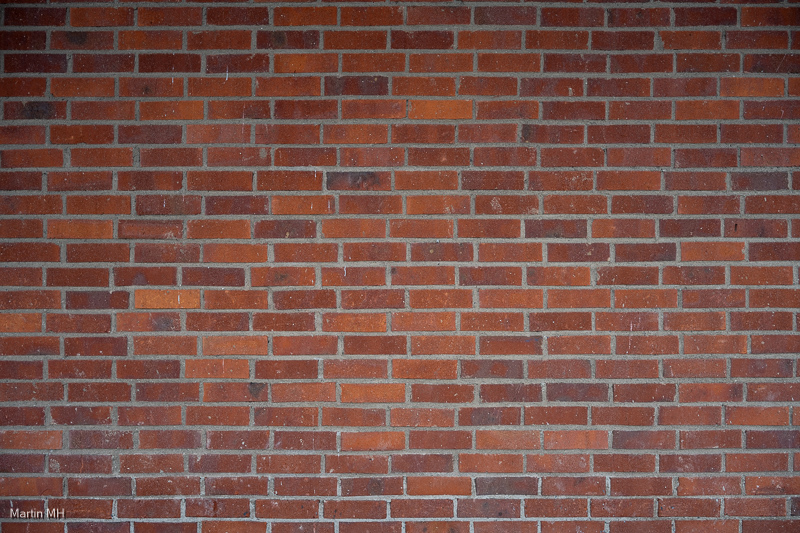
Vignetting
This lens has a moderate vignetting wide open. It lightens up by stopping down but never clears completely up. from f/5.6 it is about 1 EV.
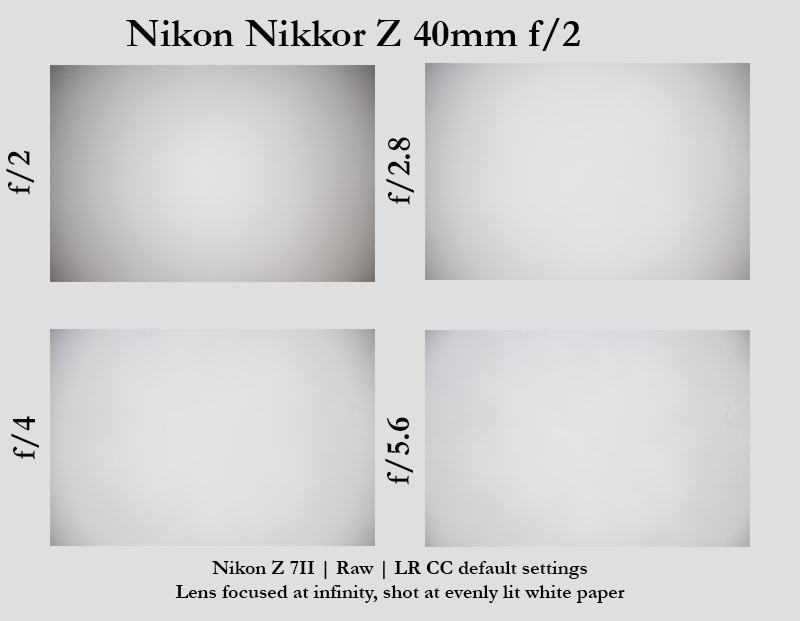
- f/2.0: 2.3 EV
- f/2.8: 1.5 EV
- f/4.0: 1.3 EV
- f/5.6: 1.1 EV
- f/8.0: 0.9 EV
Focus Shift & Aberrations
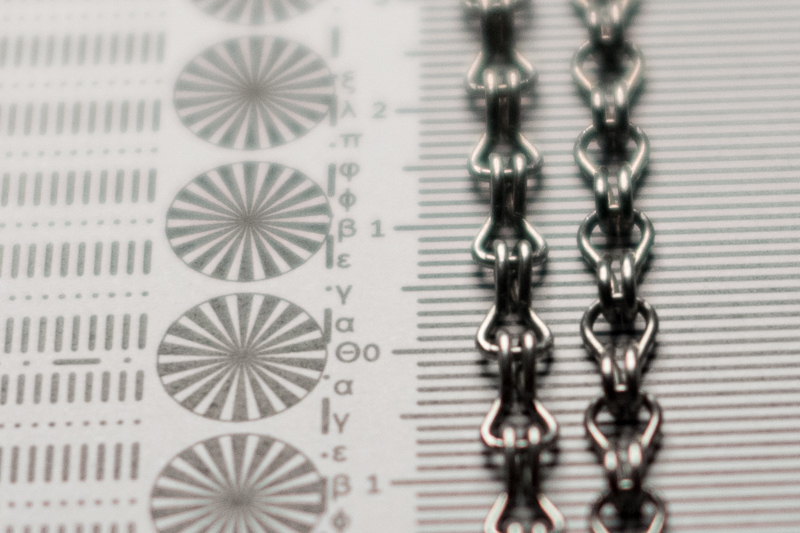
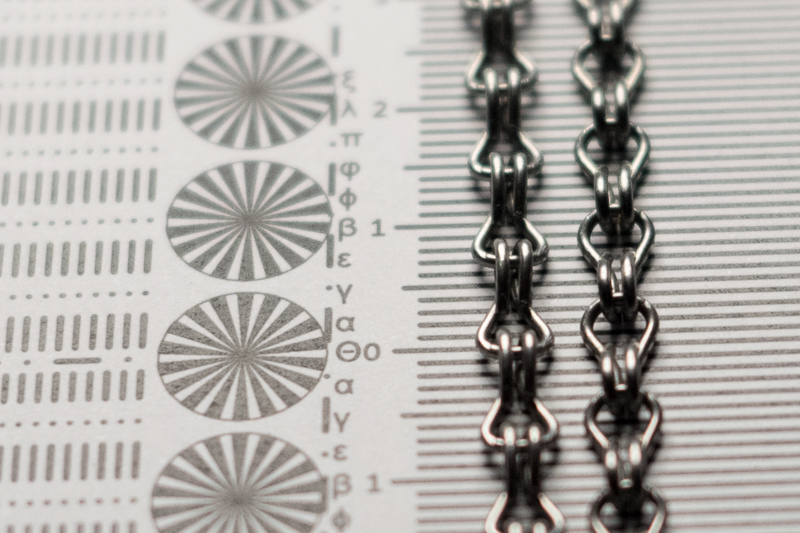


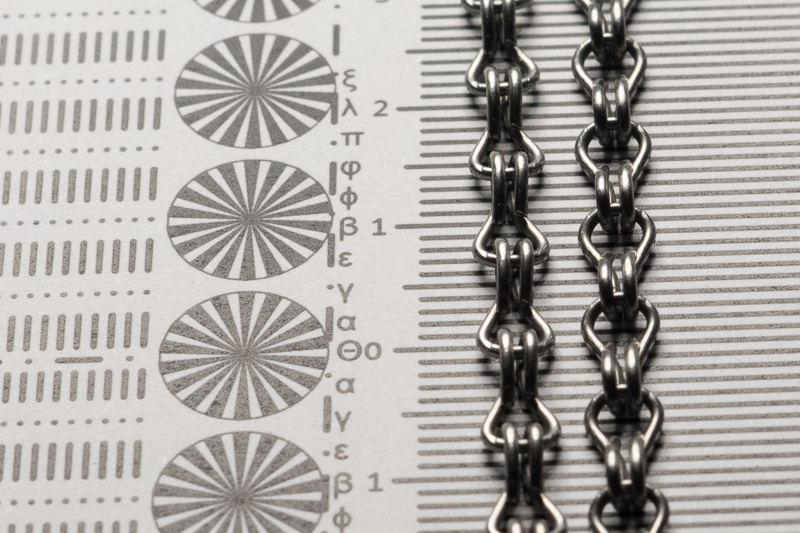
There is a slight focus shift as the focus is moved farther away going from f2 to f2.8. This explains the low contrast at f2 to some extent.
The Nikkor 40/2 shows a small amount of longitudinal chromatic aberration wide open at f2. It reduces at f2.8, gets much better at f4 and is completely gone at f5.6.
The lateral chromatic aberration is very well corrected.
Flare Resistance
Nikon Z lenses in the S series have shown excellent flare resistance in our earlier tests. Although this one does not seem to come up to those levels, most probably due to the lack of ARNEO and Nano Crystal coatings, it shows fairly good flare resistance. One of the factors could be the relatively small number of lens elements. Under stress testing conditions, you can get some veiling and ghost flares, but the image keeps high contrast outside the flare area, which is good. It handles the flares better at wider apertures than at smaller ones and generally, the flares resistance is better than average.
I took about 50 images with the sun in the most critical positions possible, with the most vulnerable apertures for different types of flare (f/2 and f/16), the following images are the worst of them.
Just for comparison I have added 2 of normal images that were not devastated by flares in the same situations, one at f2 and one at f16 (tabs I and J to show the normal handling of the flare by this lens).
Coma
The Nikon 40/2 suffers from coma at f/2. The coma effect is improved by stopping down one stop to f/2.8 and disappears completely by f/4.
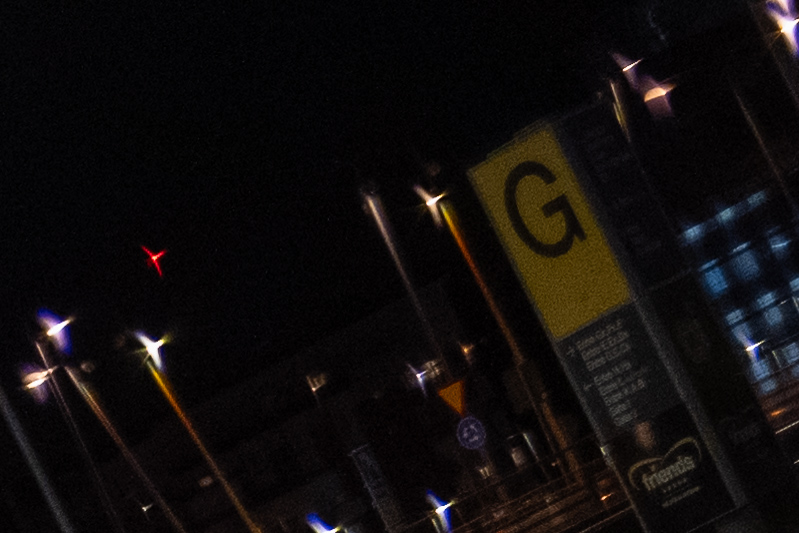
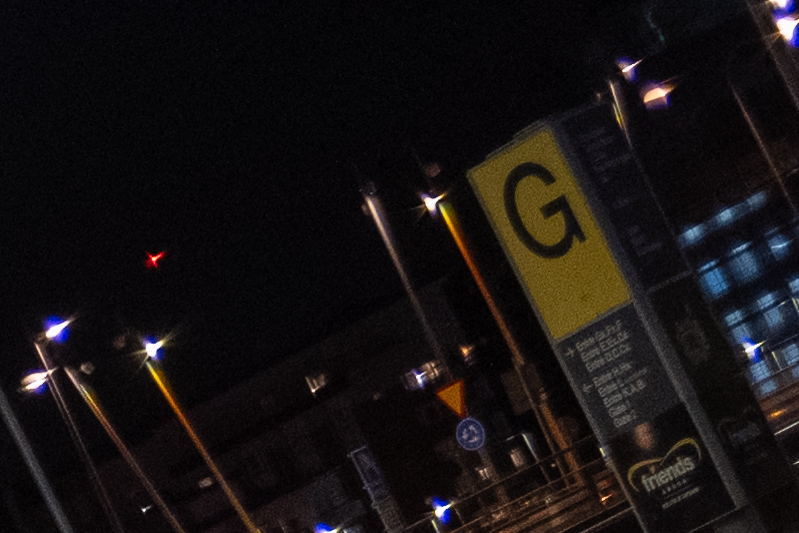
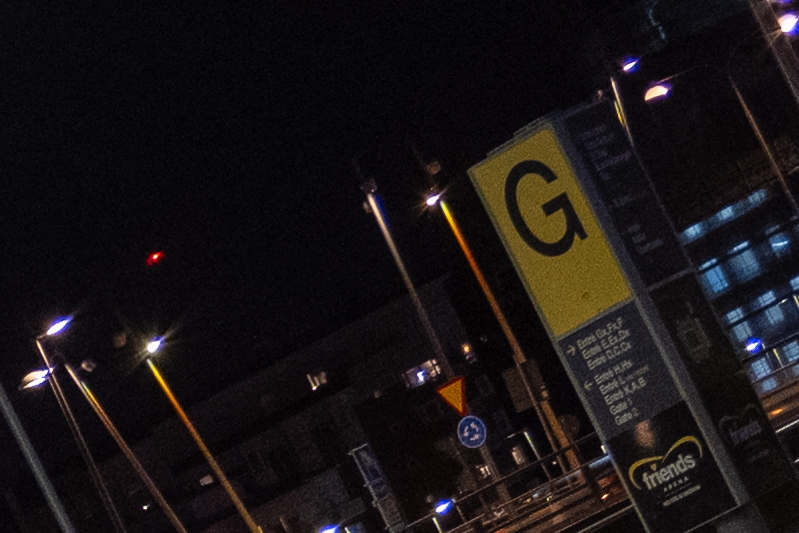
Sunstars
You will not get any nice sunstars with this lens. Even at f16 where you sunstars they are not well defined
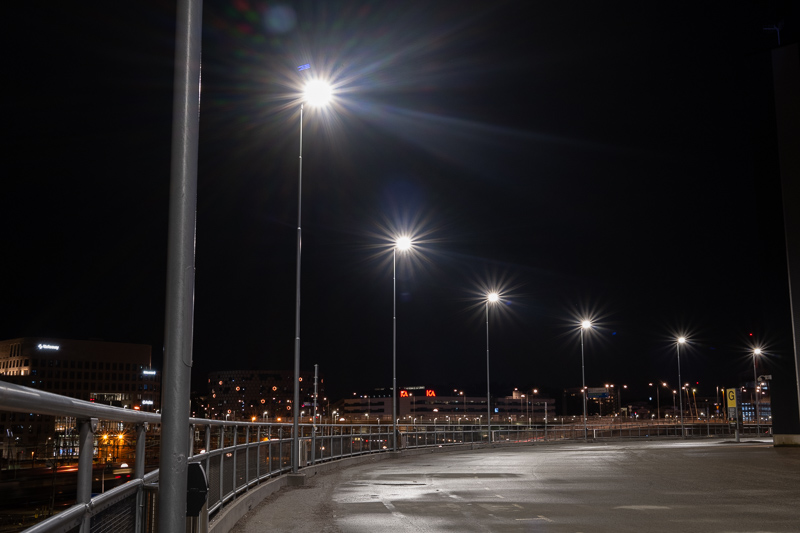

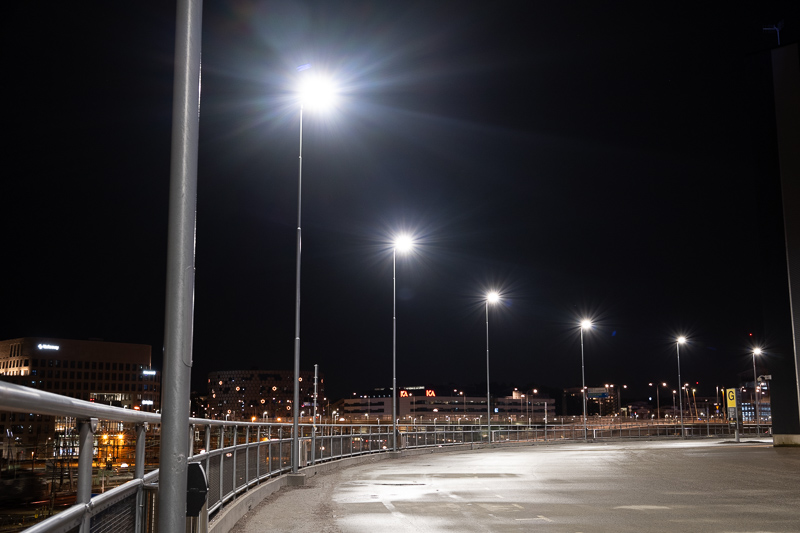
Focus Breathing
The Nikkor Z 40/2 shows only a very small amount of breathing, something for videographers’ joy.
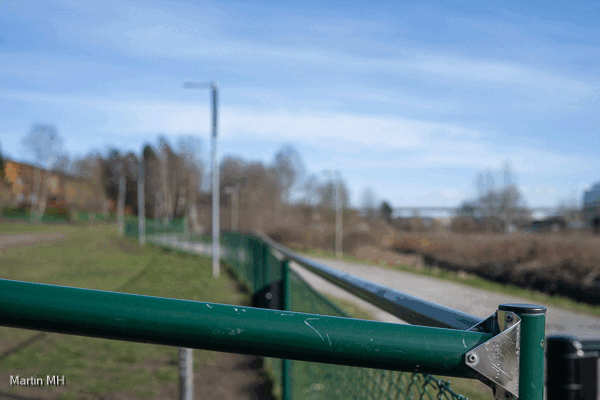
Bokeh
Bokeh is a subjective matter and ultimately it is up to you to decide if you like this lens’s bokeh or not. The bokeh of this lens is a mixed bag. In close distances, like most other lenses, it is soft and very pleasant. It has a very good minimum focusing distance, which also allows to create images with creamy background blur in a lot of situations.
Close Distance
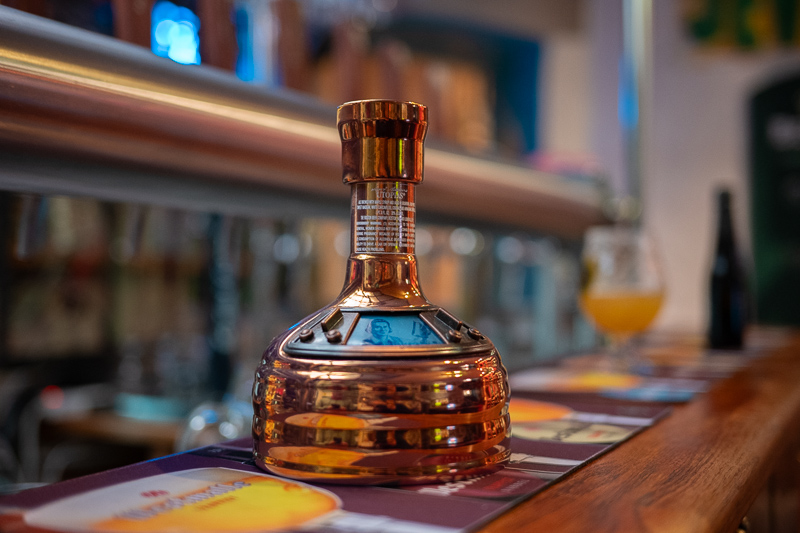
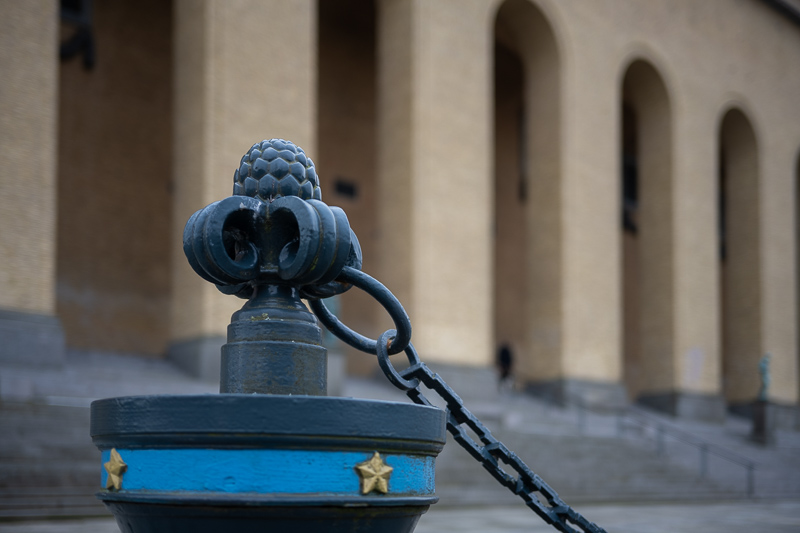
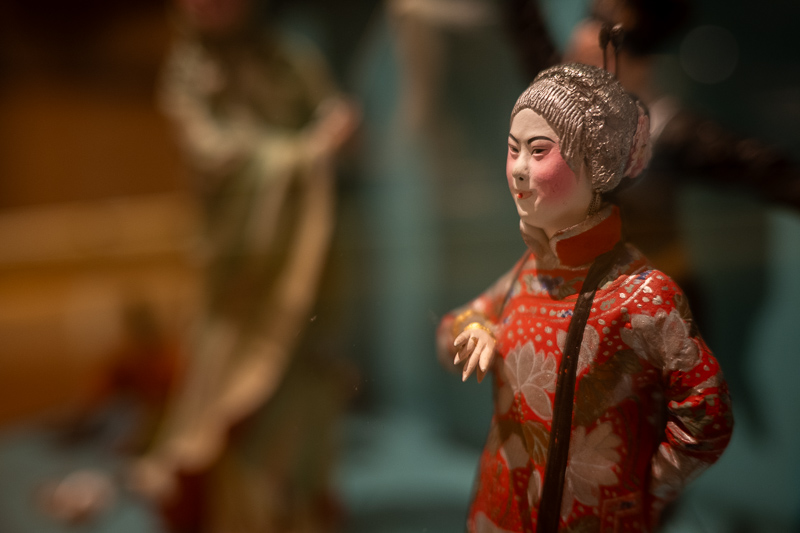
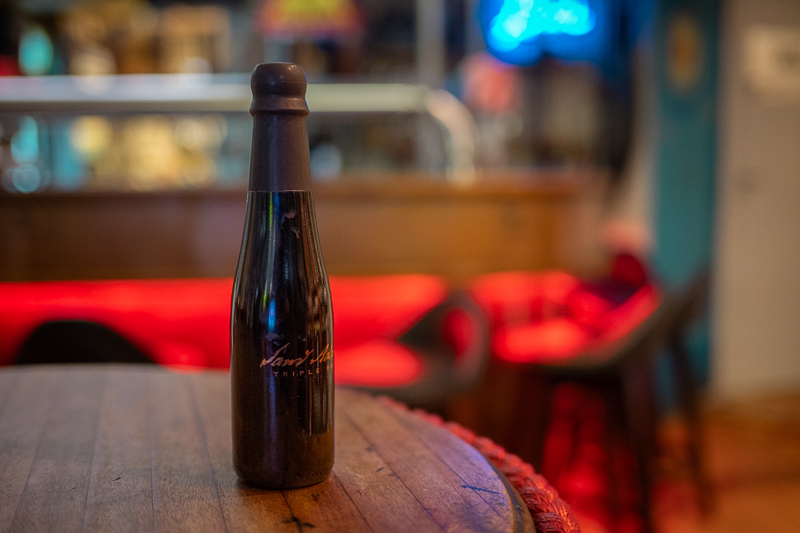
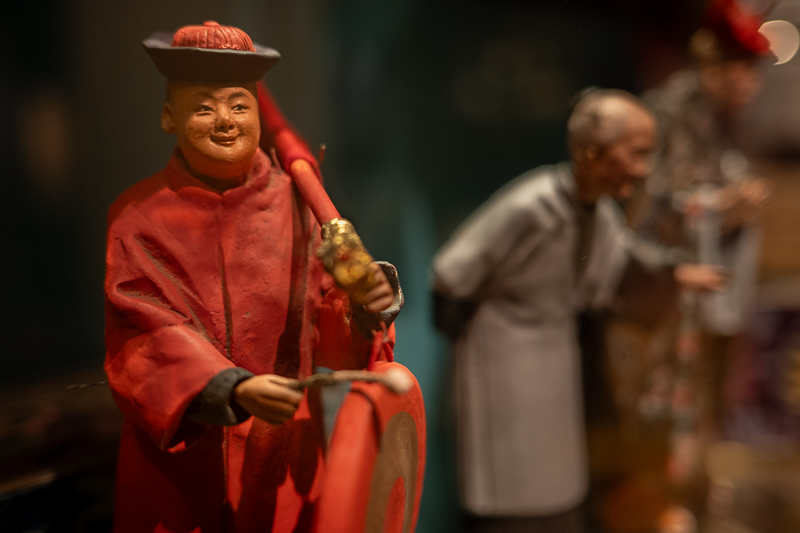
Medium Distance
From the medium distances, things start looking a a little busy depending on the background.
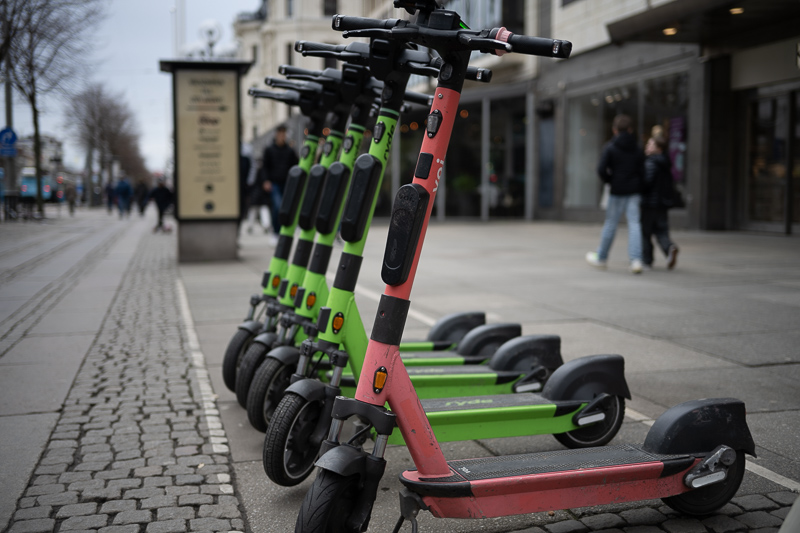
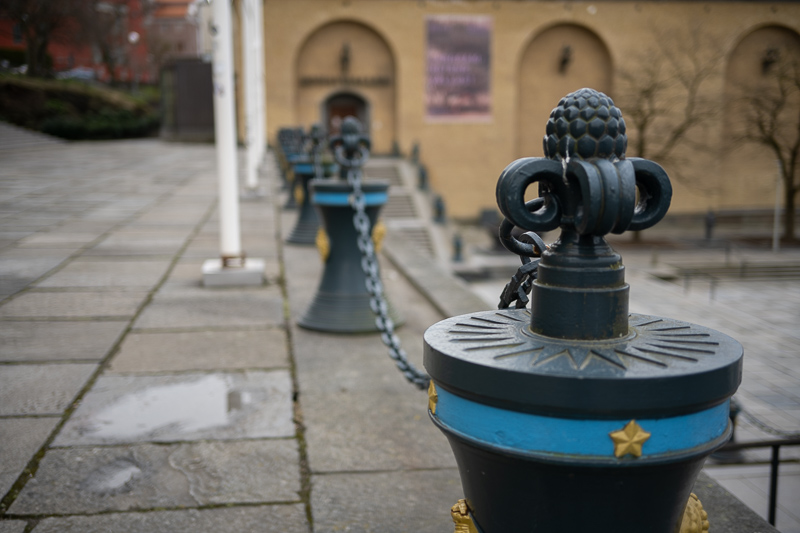
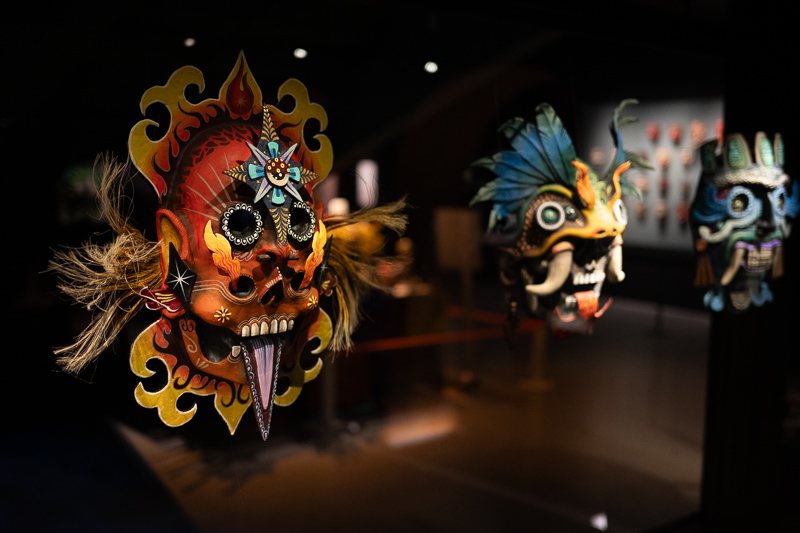
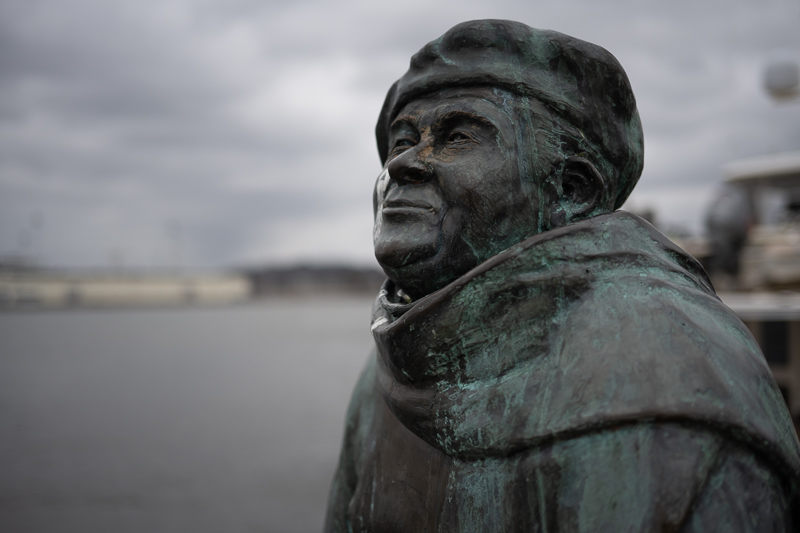
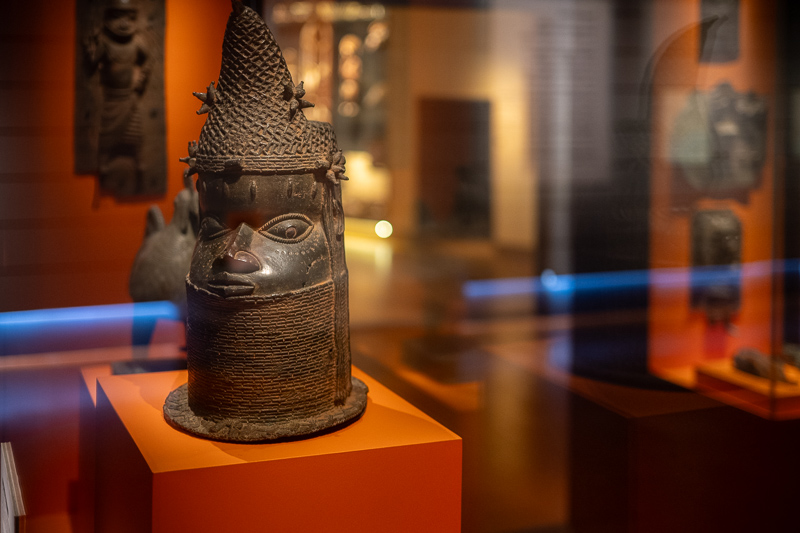
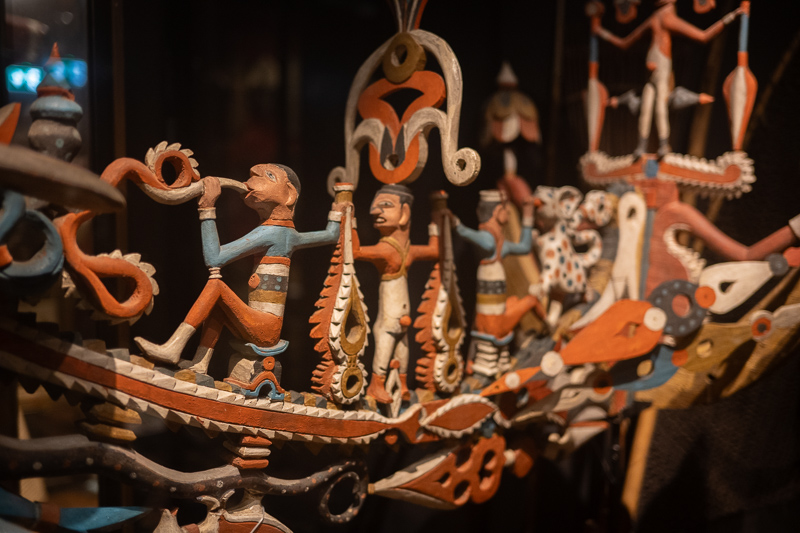
Long Distance
At long distances the busy background blur is more obvious.
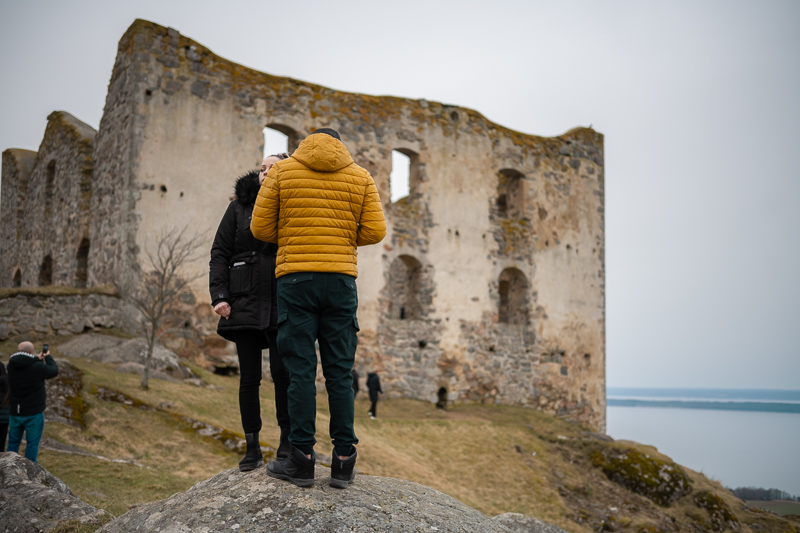
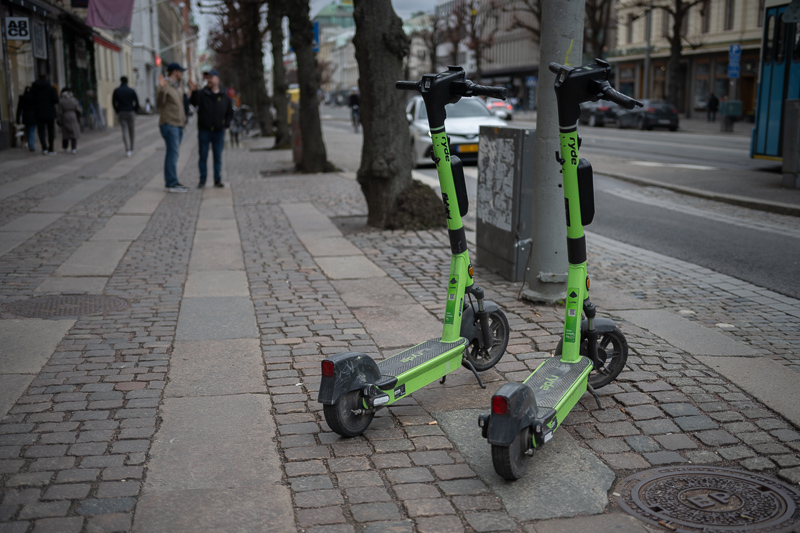
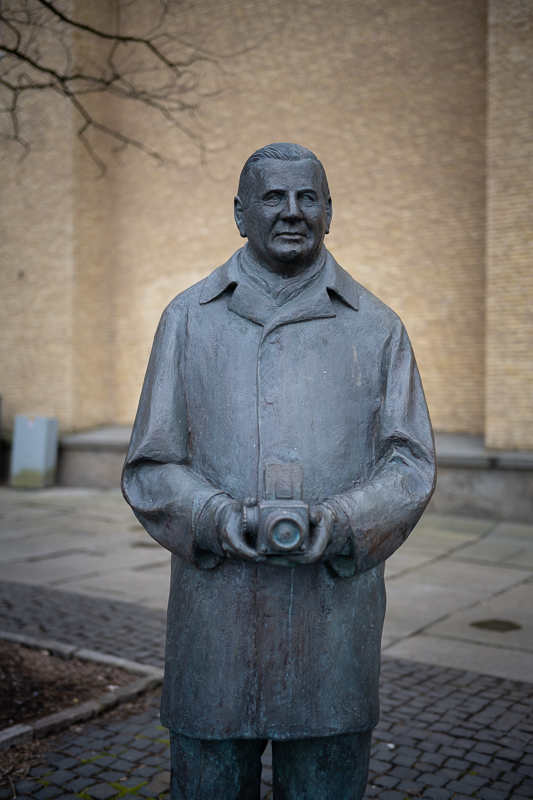
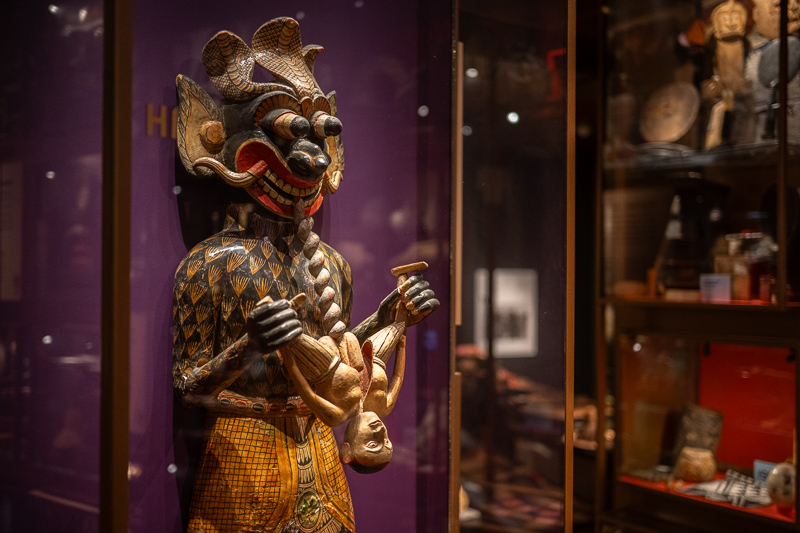
Bokeh Balls
The good thing about the bokeh balls created by the Nikon Z 40/2 is that they keep a nice and almost round shape even in the corners. The lens vignetting is very low. On the less positive side, they take on a polygonal shape at f/2.8, although it’s not very distinct or disturbing. Also, a colored edge is visible at the transitions from light to dark, which is likely one of the reasons why the medium to long distance background blur appears a bit busy.
In medium to long distances you have to be cautious about the background. While it is not a catastrophe, in scenes with high contrast in the background I would prefer it could render the background blur a little softer. Have a look at the pictures in this section and in the sample images sections and decide for yourself how you like it.
Conclusion
| I LIKE | AVERAGE | I DON’T LIKE |
| Size Weight Price Distortion Sharpness center/Midframe |
LoCA Coma Flare Resistance Sunstars Vignetting Sharpness Corners Sharpness wide open Focus breathing |
Focus shift Plastic lens mount |
The Nikon Z 40mm f/2 has several positive aspects. It is one of the lightest and least expensive Nikon lenses available for your Nikon Z at the moment. it is very portable with a solid and compact build, minimal external moving parts, and good AF speed. Priced at only $240 (May 2024), it is a bargain. It also exhibits good to excellent sharpness and good distortion control. Chromatic aberrations are well-corrected , coma. flare resistance, sunstars, focus breathing and vignetting are not too bad either. The closest alternatives, Nikon’s 35mm f/1.8 S and 50mm f/1.8 S, are excellent lenses, but they cost and weigh more than double what the 40mm f/2 does.
On the other hand, it’s unfortunate that it has a plastic mount and lacks controls other than the manual focusing ring on the lens. Furthermore, it lacks a Fluorine coating. Additionally, the vignetting, flare resistance, bokeh, and focus shift could be improved.
Ultimately, it is an excellent choice for street, everyday, or travel photography, and it’s also suitable for environmental portraits. This might not be the sharpest knife in Nikon’s toolbox, but it is one of my favourite Nikon Z lenses, and I love the focal length too. So, if you’re looking for a compact Nikon AF Z lens for these types of photography, or if you’re on a budget and want a Nikkor Z prime, this lens might be the right one for you.
Writing articles like this one is both time-consuming and costs us a lot of money. If you found this article helpful and decided to buy one of these lenses, please consider using one of the affiliate links but helps us a little to write new content for the site.
If you are not interested in buying any of the lenses, but you still found this article useful, interesting, or it saved you a lot of money, treat us to a coffee!
| Buy new: Amazon.com, B&H for $240, $295 for SE (Affiliate links) Buy used: eBay from $230 (Affiliate links) |
Note: the $240 price is a Nikon saving offer during May 2024, the normal list price is about $295.
Alternatives
Viltrox AF 40mm f/2.5
The AF Viltrox 40/2.5 is the closest alternative to the reviewed lens. It is 2/3 of a stop slower, and physically a bit larger than the Nikkor. The Nikkor is optically a better lens, beating the Viltrox almost in every aspect. The Viltrox has a metal mount while the the Nikkor a plastic. The Nikkor is about double the price of the Viltrox though.
Buy new: Viltrox Store (8%), B&H, Amazon.com for $158 (Affiliate links)
Voigtländer Ultron 40mm F2 SL II
With a length of 25-30 mm (depending on mount), a true pancake lens, manual focus only, (Nikon F (FX), Canon EF, Pentax KAF), discontinued but available used for about the same price as a new Nikon Z or a little more expensive (300$-400$ used)
Buy it from: eBay.com (affiliate links)
Voigtländer Ultron 40mm F2 SL II -S
A newer version of the above with Nikon Ai-S mount, manual focus only, but with electric contacts on the mount plate. More expensive than Nikon Z 40 without being any better optically, but very nice manual handling and look (419$ new)
Buy from: Amazon.com, Amazon.de , B&H $419 (affiliate links)
Voigtländer Nokton 40mm 1:1.2 Aspherical
The fastest 40mm around, available in Nikon Z, Sony E/EF, VM mount. With its 315g weight, 54mm length, it is larger and heavier than the Nikon. Manual focus only but one and a half stops faster, nicer bokeh, better sunstars and flare resistance, but more than 3 times more expensive (899$ new Nikon Z version)
Buy from: Amazon.com, Amazon.de , B&H fro $899 (affiliate links)
Sigma 40mm F1.4 DG HSM Art
Autofocus 40mm, 1 stop faster. With its 1200g weight and 131 mm length it is like a bazooka on your camera. Nikon F (FX), Canon EF, Sigma SA Bayonet, Sony FE mount. (799$ new)
Buy from: Amazon.de, Amazon.de , B&H for $799 (affiliate links)
Laowa Argus 45mm f/0.95
Not a 40mm but not far from, even faster than the Voigländer Nokton by less than one stop, more than 2 stops faster than the Nikon Z, which means 4 times more light to the sensor, nicest bokeh of all but with lemon shape bokeh balls instead of round ones, manual focus only, no electrical contacts whatsoever, available in Nikon Z, Sony E, Canon RF, 835g 110mm long (599$ new)
Buy from: Amazon.com, Amazon.de , B&H for $599 (affiliate links)
For other camera mounts there are several other alternatives like:
Canon EF 40/2.8 STM,
Autofocus. a true pancake lens, 22mm long, One full stops slower, much less bokeh potential,
Buy new: amazon.com, B&H for $149-$199 (Affiliate links)
Buy from: ebay.com for about $100 (affiliate links)
Sony FE 40mm F2.5 G
Buy from: Amazon.com, Amazon.de , B&H for $548 (affiliate links)
Zeiss Batis 40/2 for Sony FE
Buy from: Amazon.com, Amazon.de , B&H for $999 (affiliate links)
Voigtländer 40mm F1.4 Nokton Classic for Leica M
Buy from: Amazon.com, Amazon.de (affiliate links)
Voigtlander VM 40mm F2.8 Heliar for Sony E
Manual focus. One stops slower, much less bokeh potential, 21mm long, the thinnest 40mm
Buy from: Amazon.com, Amazon.de (affiliate links)
More Sample Images

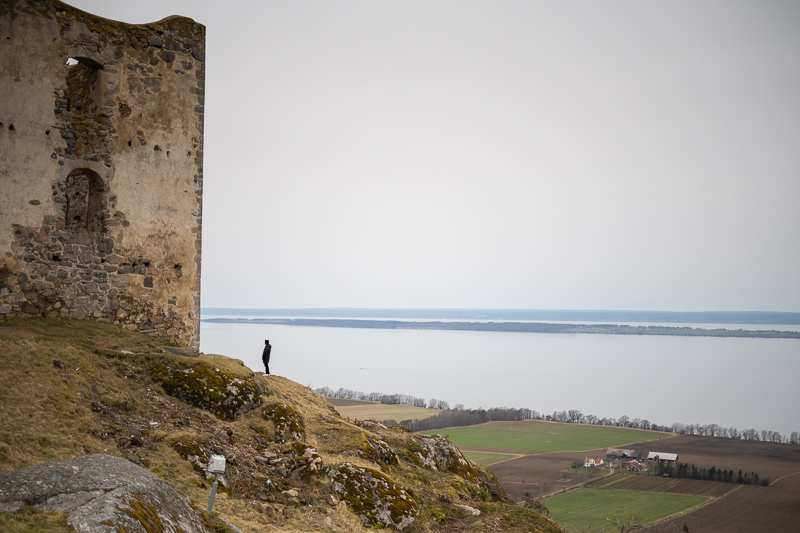
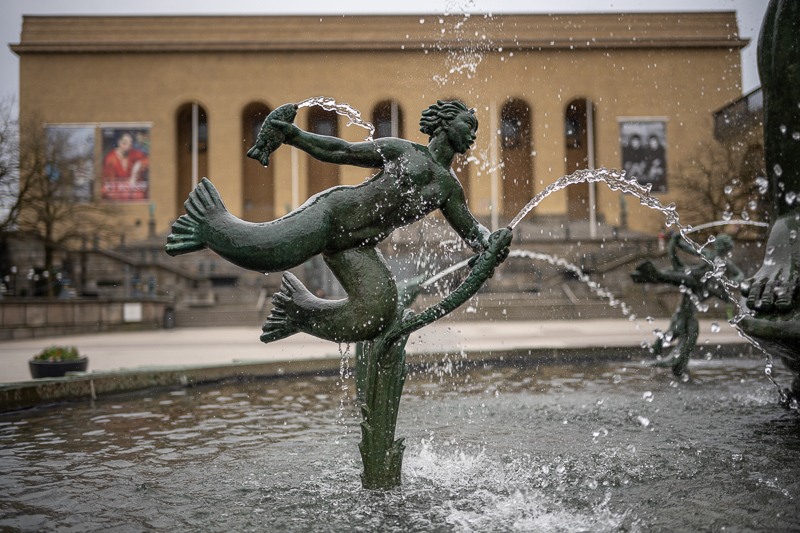
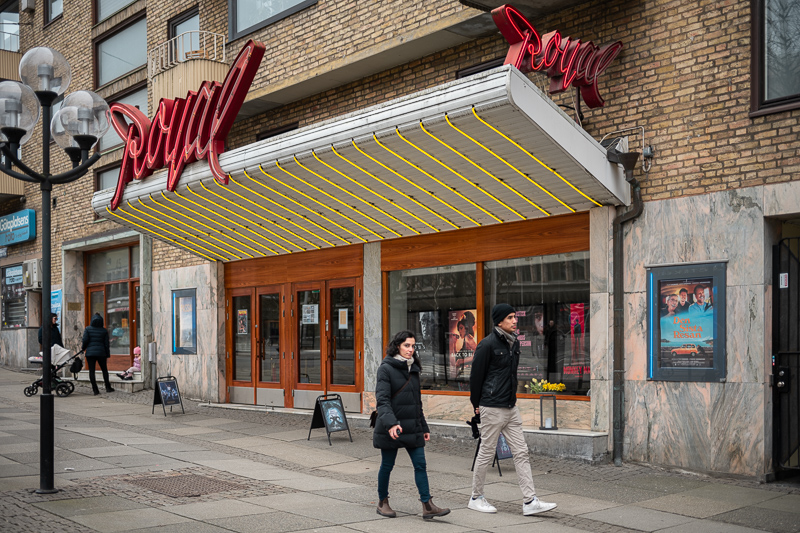
Nikon Z 7II | Nikon Nikkor Z 40/2 | f/2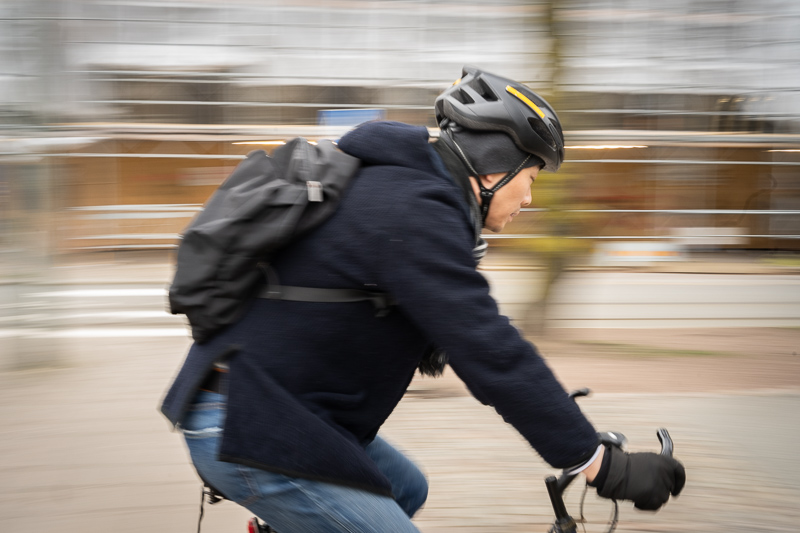
Nikon Z 7II | Nikon Nikkor Z 40/2 | f/2
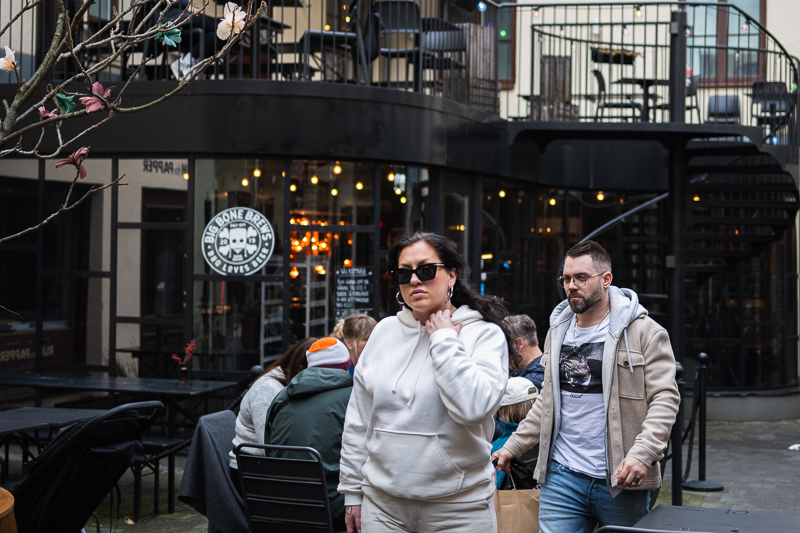
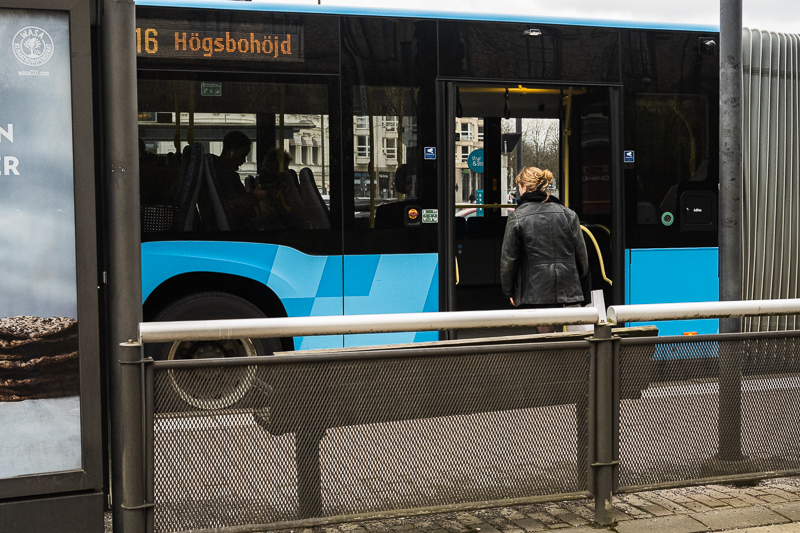
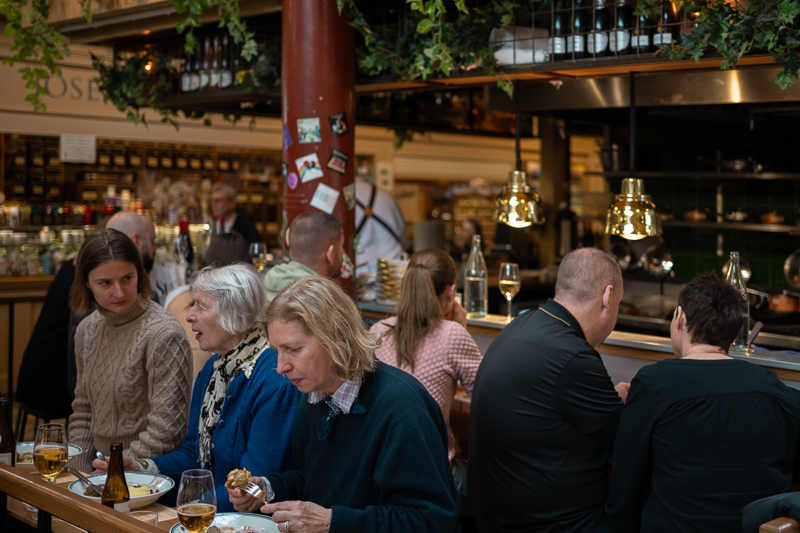
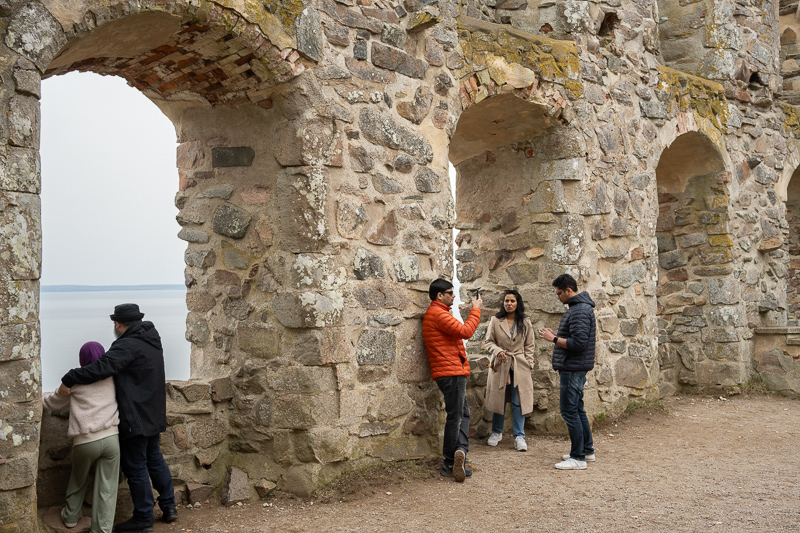
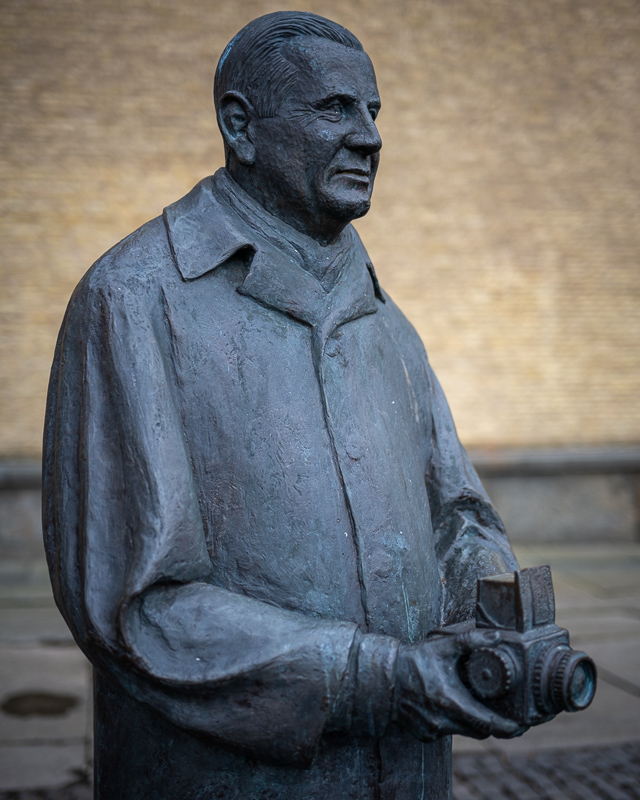
Nikon Z 7II | Nikon Nikkor Z 40/2 | f/2
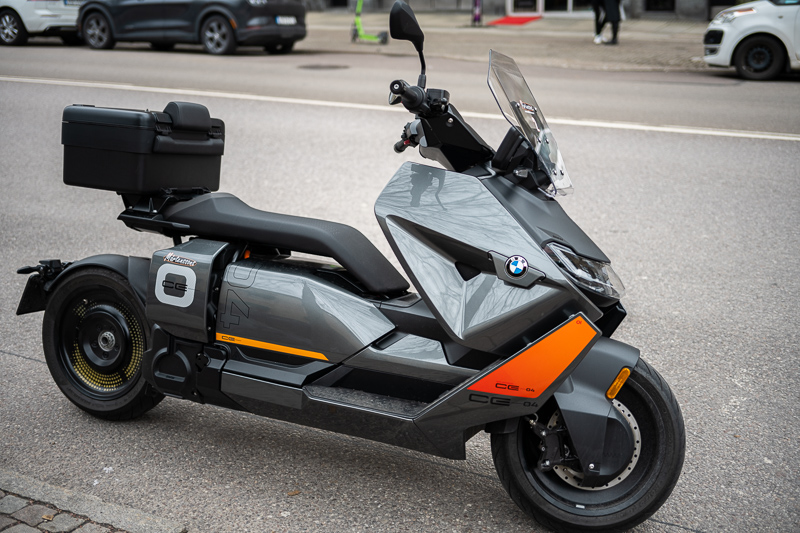
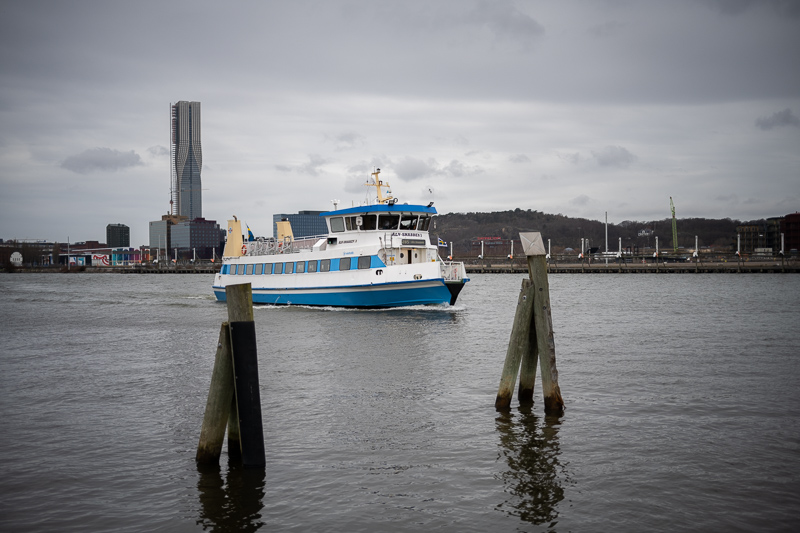
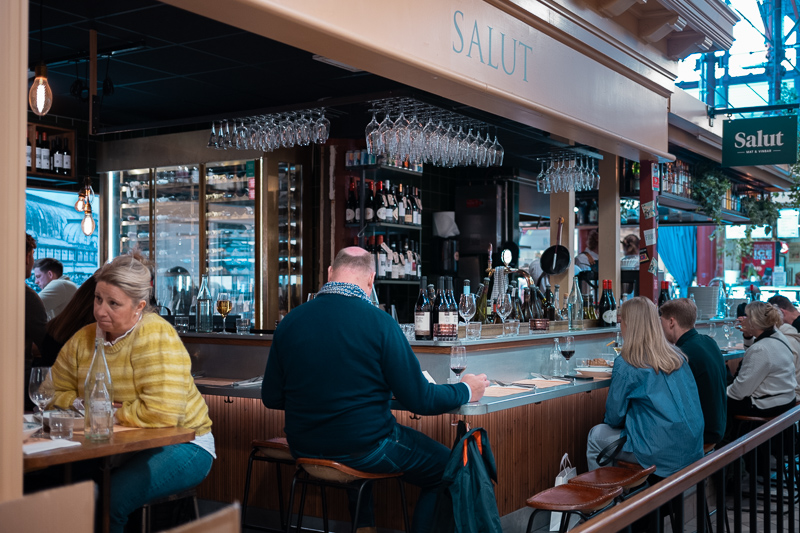
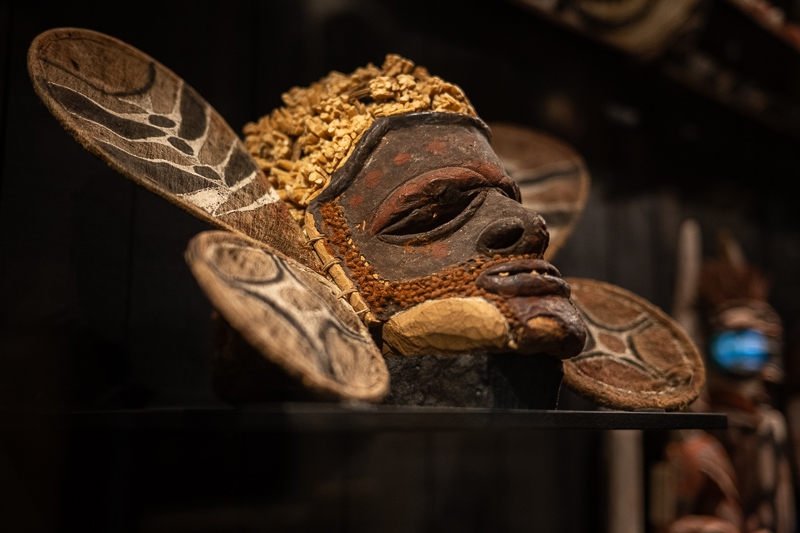


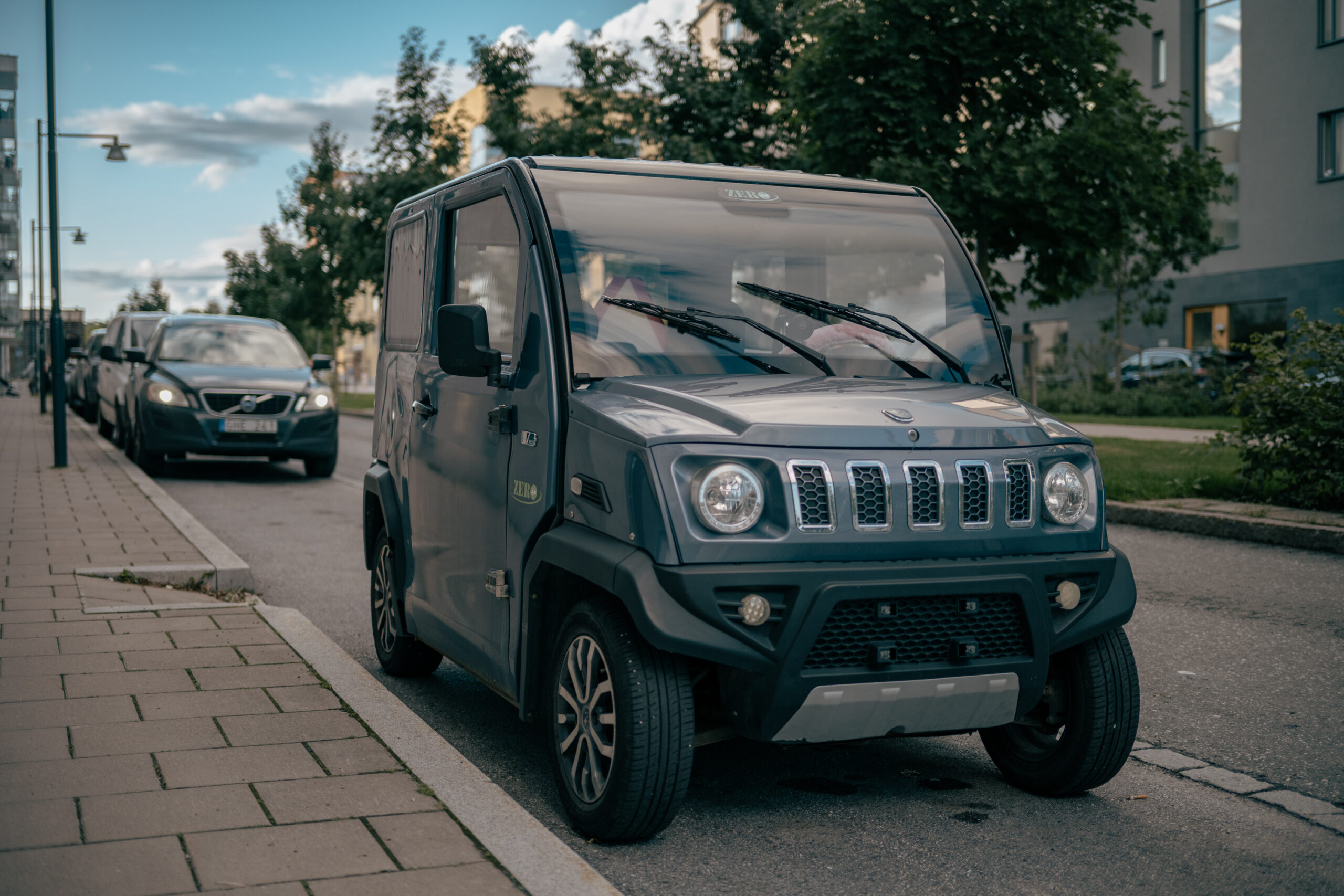
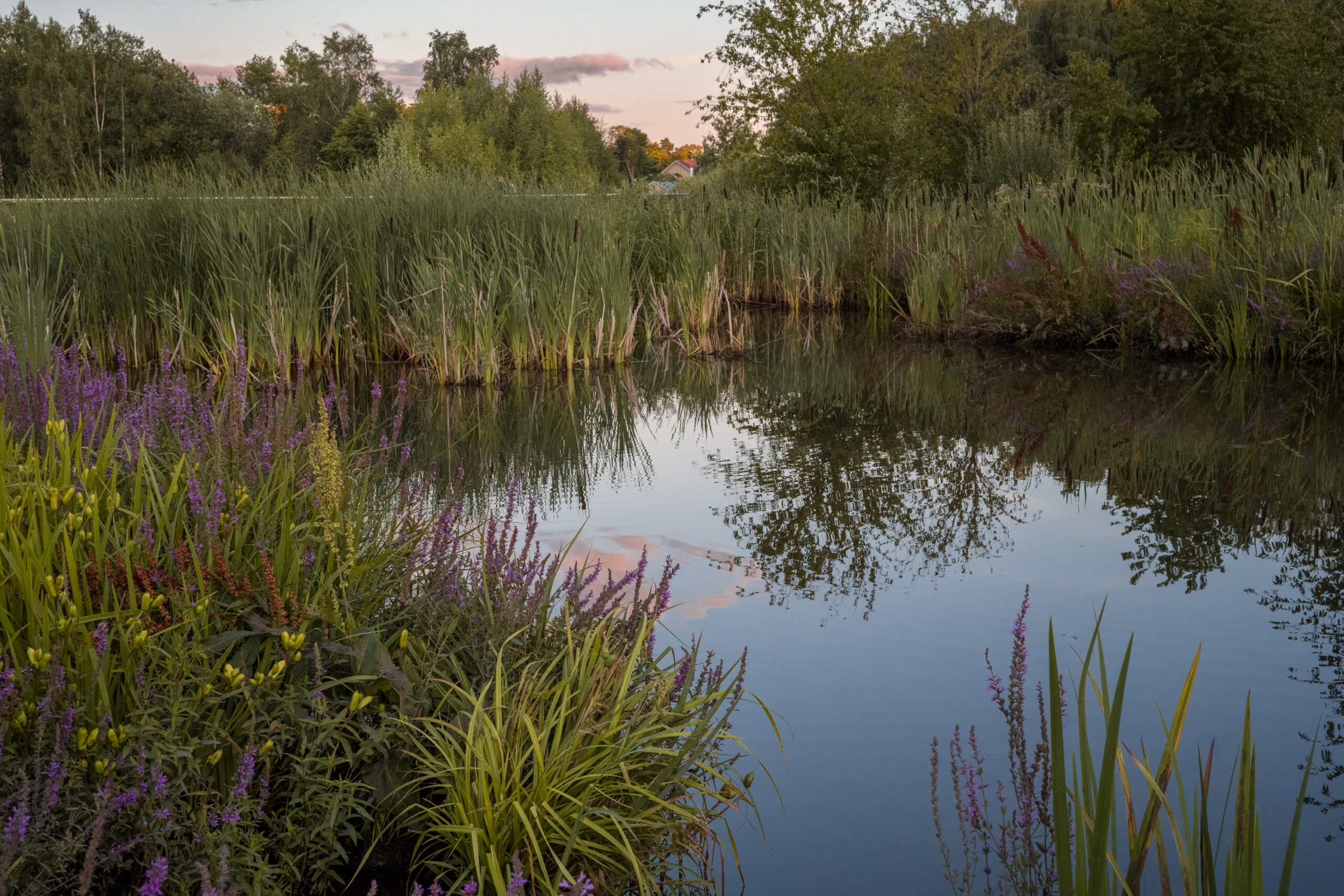
Most of the sample images in this review and many more can be found in higher resolution here.
Further Reading
- Review: Viltrox 40mm f/2.5 STM Asph ED IF
- Review: Konica Hexanon AR 40mm f/1.8
- Voigtlander 40mm F1.2 Nokton Aspherical: An In Depth Review
- Review: Nikon Nikkor Z 35mm f/1.8 S
- What camera gear and accessories do I use most frequently?
Support Us
Did you find this article useful or did you just like reading it? Treat us to a coffee to show your appreciation!
![]()

(Donations via Paypal or bank card)
This site contains affiliate links for which I may receive a small commission if you make a purchase via the links at no additional cost to you. This helps support the creation of future content.
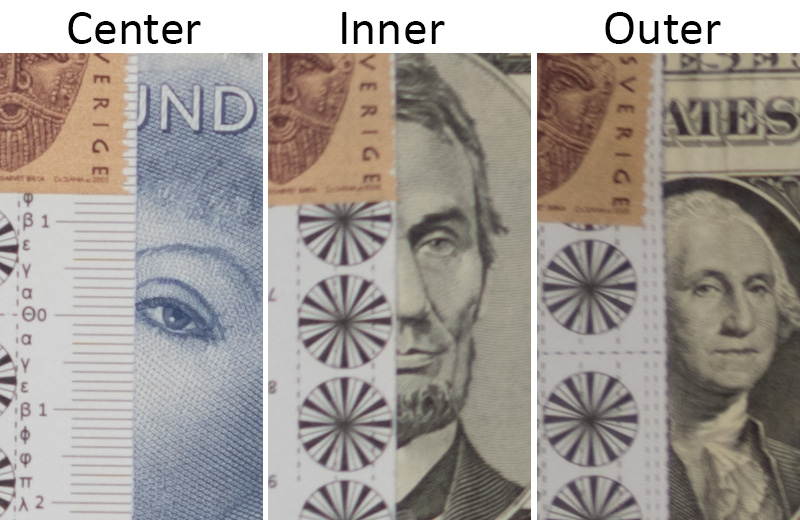
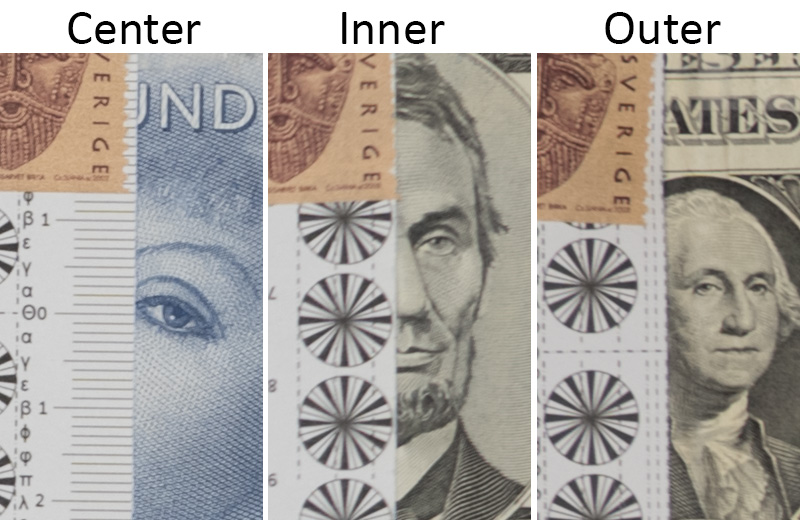
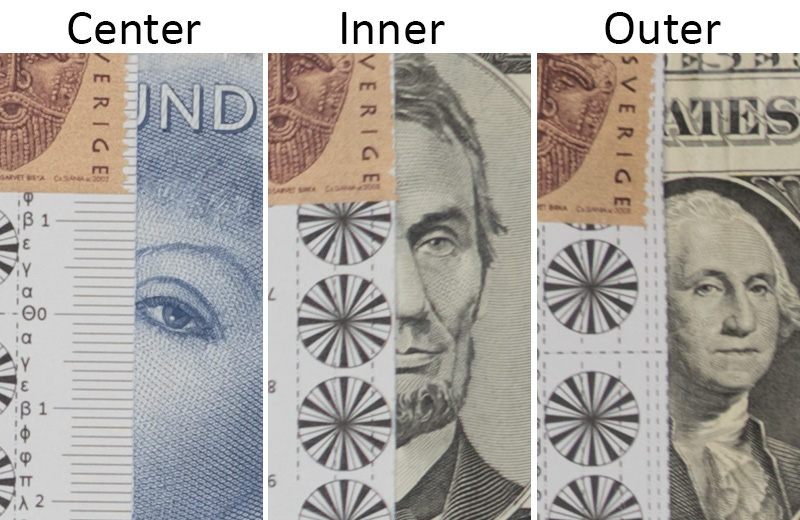
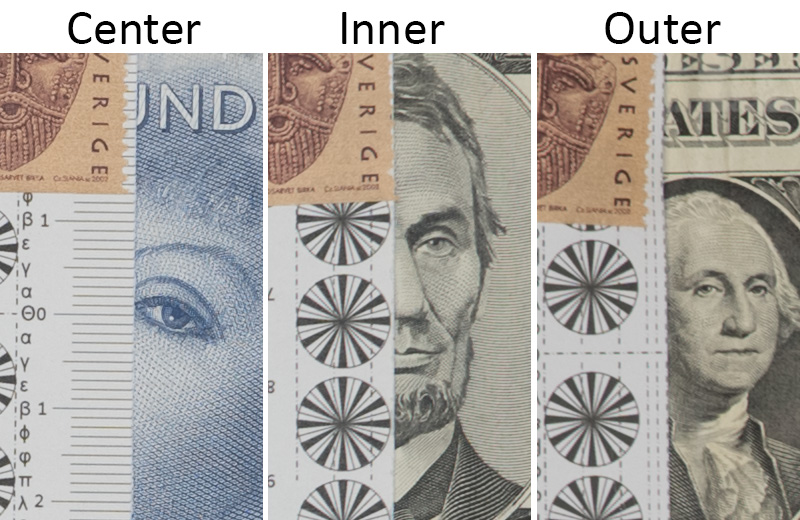
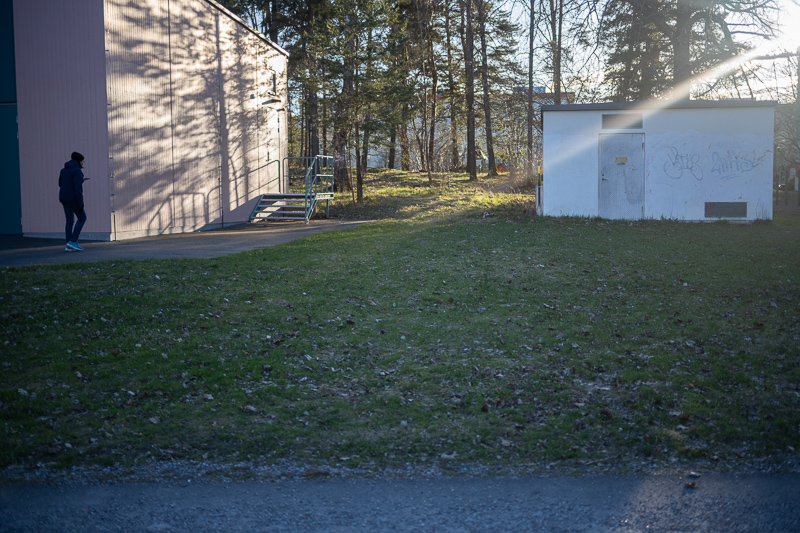

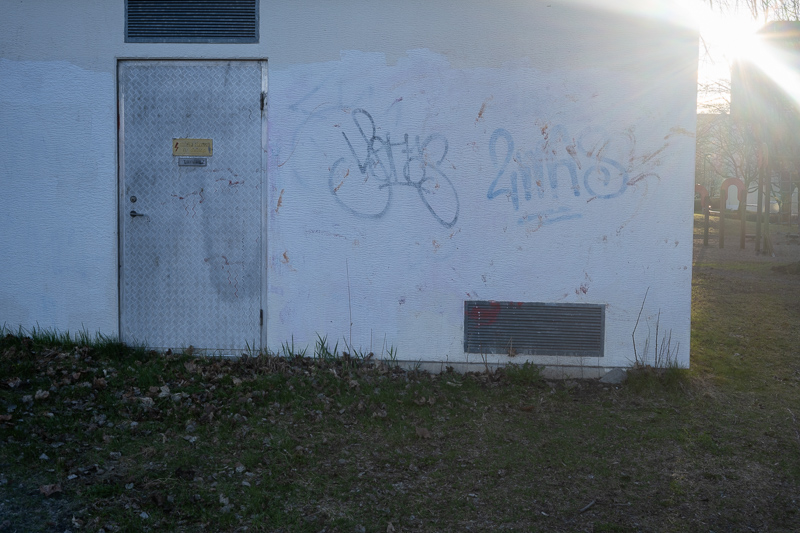

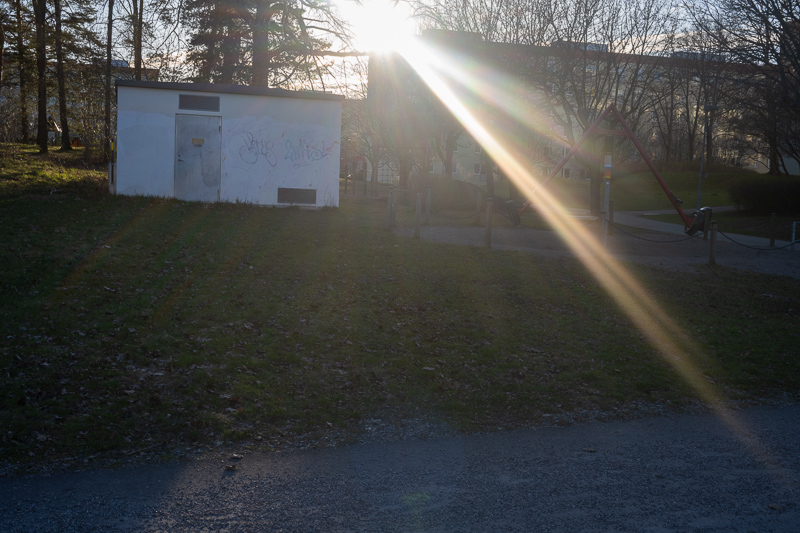


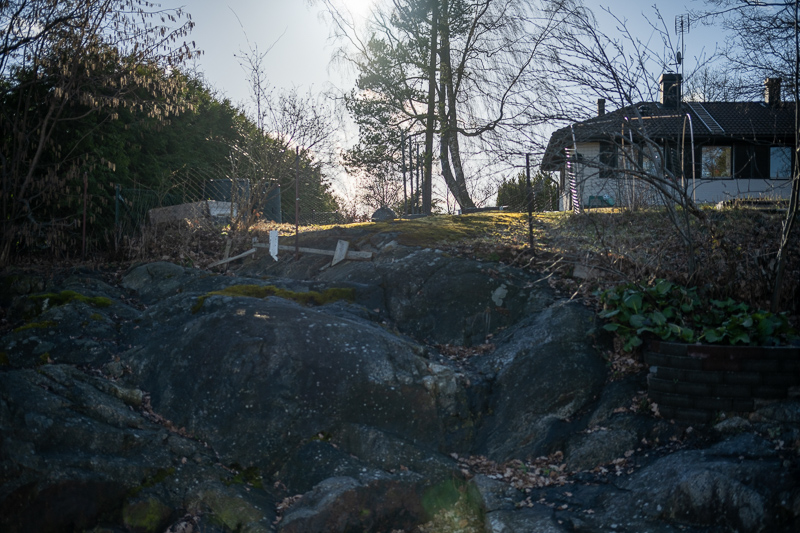

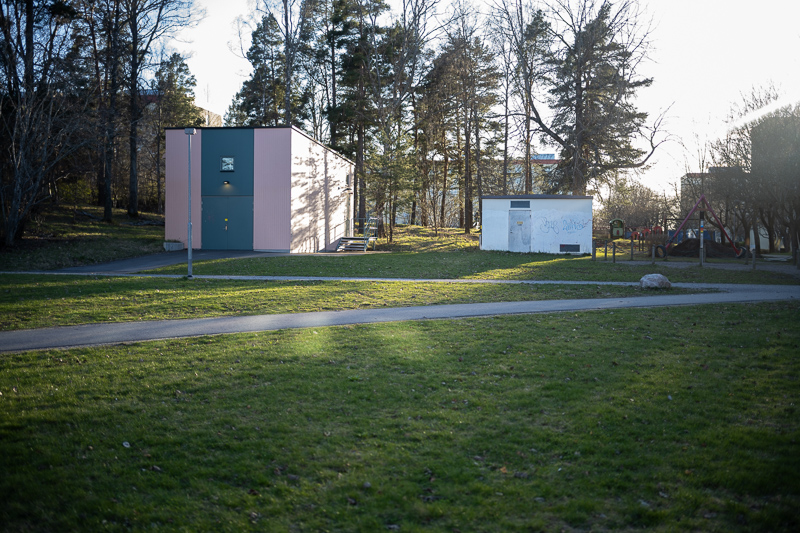

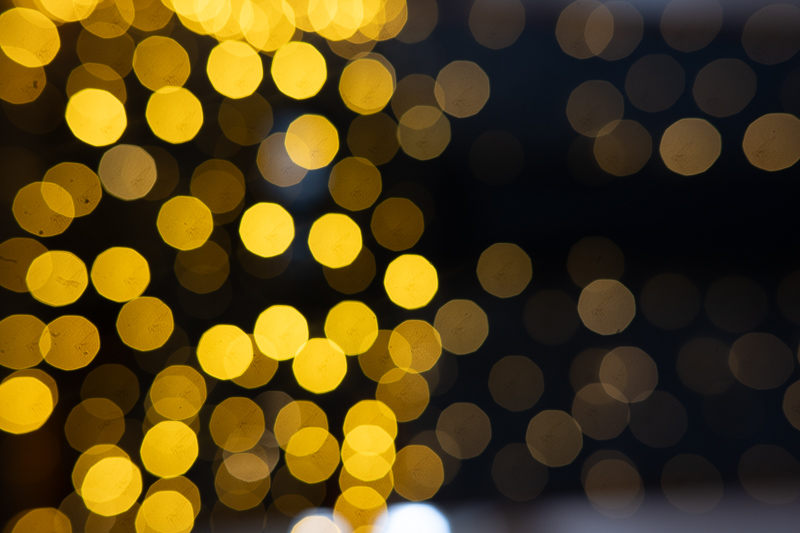

The MFD is usefully shorter than that of my SY 45/1.8, comparable to that of the Sony 40/2.5 G, and the background rendering and bokeh balls look nicer to me than on both the SY and Sony which have more onion ringing, cat’s eye, and LoCA. The Nikon is cheaper to boot!
I’m actually a little jealous of this one as an E mount shooter. If I was shooting Z mount I’d have this and the 26/2.8 S as my most minimal kit (kinda like the 24/2.8 G & SY 45/1.8 I have now but smaller).
I wonder how interchangeable the lens mounts are on Z lenses, could keep an ebay search for broken z lenses to harvest a metal mount. Appears to just be 4 screws. Thanks for your review, 40mm is a favorite of mine. This seems a lot nicer than my adapted Konica 401/.18
Someone did it with the FTZ adapter, which goes for about $100 used. There’s some forum threads.
Lens mounts do seem to be interchangeable. To test this hypothesis, I swapped the mount between my Nikkor Z 40/2 lens (plastic) and the FTZ adapter (metal). The metal one is slightly narrower to accommodate the rubber gasket. You can use the gasket on the 40/2 as well, so you would even get a bonus. However, I found the 40/2 to be very tight on the camera with the rubber gasket fitted. I do not know if this is always the case or just specific to my specimen.
By the way, there are 8 screws of 3 different types on the 40/2 and 9 screws of 4 different types on the FTZ (and apparently on other S-line lenses) to deal with. So not just four.
As usual, a super helpful review. I was sitting on the fence regarding this lens. Still sitting on the fence regarding the Z, but will now take a closer look at the Voigtlanders.
BTW, you have a type in your tidbit about the Voigtländer Ultron 40mm F2 SL II. The size in centimeters would make it as big as a 400mm lens.
Thanks a lot Kapiro.
I Compared Viltrox 40mm F2.5 and Nikkor Z 40mm F2 in the same sence, and my test result is the Viltrox sharpness (include close-up sharpness)and flare are better than the Nikon Z 40mm F2, and Nikon’s bokeh is more creamy than Viltrox,I think both of them are the same level.
I beg to disagree. Based on my own tests and observations, I can vouch for the statement that the Nikon is superior to the Viltrox in almost every aspect. Please note the word ‘almost,’ not ‘completely.’ This superiority might be by a small margin, but it’s nonetheless visible. The Viltrox may only be better in terms of sharpness at certain apertures, but that with small margins too. I plan to conduct a side-by-side test later and will write an article about it.
maybe the sample are difference,I can offer you some raw files
That’s not impossible.
I wonder why there is so much antipathy towards plastic mounts. I have not seen any empirical or theoretical evidence that they are less durable on the lenses you would normally find these mounts on. The only rare exception would be the Nikkor AF-S 18-105mm, for which there are quite a few reports of a broken mount. However, this may simply be an effect of volume, as this was a kit lens produced in the millions.
As for me, having used about two dozen different lenses with plastic mounts over two decades, I have yet to see a single one of them fail in the mount department. The only case I experienced was with an ultra-cheap Chinese no-name macro ring for the Nikon 1. It really did break on the edges with use. Considering that Chinese manufacturers tend to cut corners everywhere, no wonder. But even this ring was still working with its broken edges.
I partially agree with you that it might seem unjust. However, metal plates have been in existence for more than 80 years. Even on old vintage lenses, the mount plates remain intact even if everything else is broken. The plastic mount on my Nikon Z 40 is already showing signs of wear, such as scratches, after just a few years. The longevity of such a mount is unknown, which is where the antipathy stems from.
I have a few lenses with aluminum bayonets and also those show a noticeable amount of wear after not many years. I too have little trust in plastic bayonets.
And again, like everywhere on Internet, when this topic is discussed, no hard evidence is provided, only irrational angst. Scratches are just scratches. My metal lenses have them too.
I have seen lenses with broken plastic mounts for sale “for parts” more than a few times. I can’t say the same about metal bayonets, they probably take more effort to break (or at least make dents). To be honest, I really doubt that I’d ever break even a plastic mount, except if a lens directly falls on the ground (but mount would be the least of my worries in that case, especially if we talk about some cheap, plastic zoom).
Still I see no point in replacing the mount for a metal one in advance. I could replace it if it breaks… After all, if the lens falls, that metal mount could be the only part that remains intact, which still renders it useless. I I somehow break it while it’s attached to the camera, at least a plastic lens mount could create less damage to the camera mount itself, and I’d care about my camera more than a cheap lens like this.
I don’t know… I just use my stuff and don’t worry myself about these things. I’ve never had any damage of any sorts, even tiny scratches on my lenses. Accidents are always possible, but in general, modern gear fails on its own most of the time (AF system, decentering over time, electronics…).
Plastic can outlast its owner.
It definitely looks like very useful lens, a must have for every camera system!
Could you please double check your estimates regarding the difference in speed between lenses in “Alternatives” section? I’ve spotted numerous errors there (in Sigma 40mm F1.4 DG HSM Art, Canon EF 40/2.8 STM, Voigtlander VM 40mm F2.8).
Thanks Vladimir for letting me know about the errors caused by copy/paste from another review.
Great review! And agreed every regard. I’ve found that this is currently one of my most used lenses, alongside with the Laowa 9mm they make a wonderfully light pack to travel.
Okay, that linked Sigma 40mm F1.4 DG HSM Art is kinda ridiculous. At 157 mm long and 88 mm diameter, it’s larger than the Nikon 300/4 PF, and weighs almost twice as much, too. That’s pretty crazy.
Bokeh-wise this one seems totally fine to me, I don’t quite see the criticisms levied here and elsewhere.
In general, the Nikkor 40/2 – at least in my eyes – embodies a very typical “vintage” look without overdoing it and being impractical. It has decent contrast wide open, sharpness is good and improves gradually as stopped down, focusing closer reduces contrast and sharpness, yet retains resolution. Pretty much like a nifty fifty / double gauss. Which, really it is.
Nobody has said it’s a bad lens, or even mediocre. It’s a good lens with many virtues. However, it just doesn’t reach the same level as the Nikkor Z ‘S’ series. When compared to them, the words can sound a bit harsh, but the lens on its own is a very decent one that I like a lot.
Agreed the Sigma 40mm F1.4 DG HSM Art is a heavy beast but it’s also optically incredible. Good to have this lightweight option from Nikon.
Would you say this is much worse than the 35mm Ultron 1.7 apo?
Depends what you are looking for.
I’ve never said it is worse than Voigtländer 35/1.7 Ultron. On the other hand I have not said it’s better either. That Ultron does not exist in Z mount, not in E mount either, so it must be adapted from the M mount.